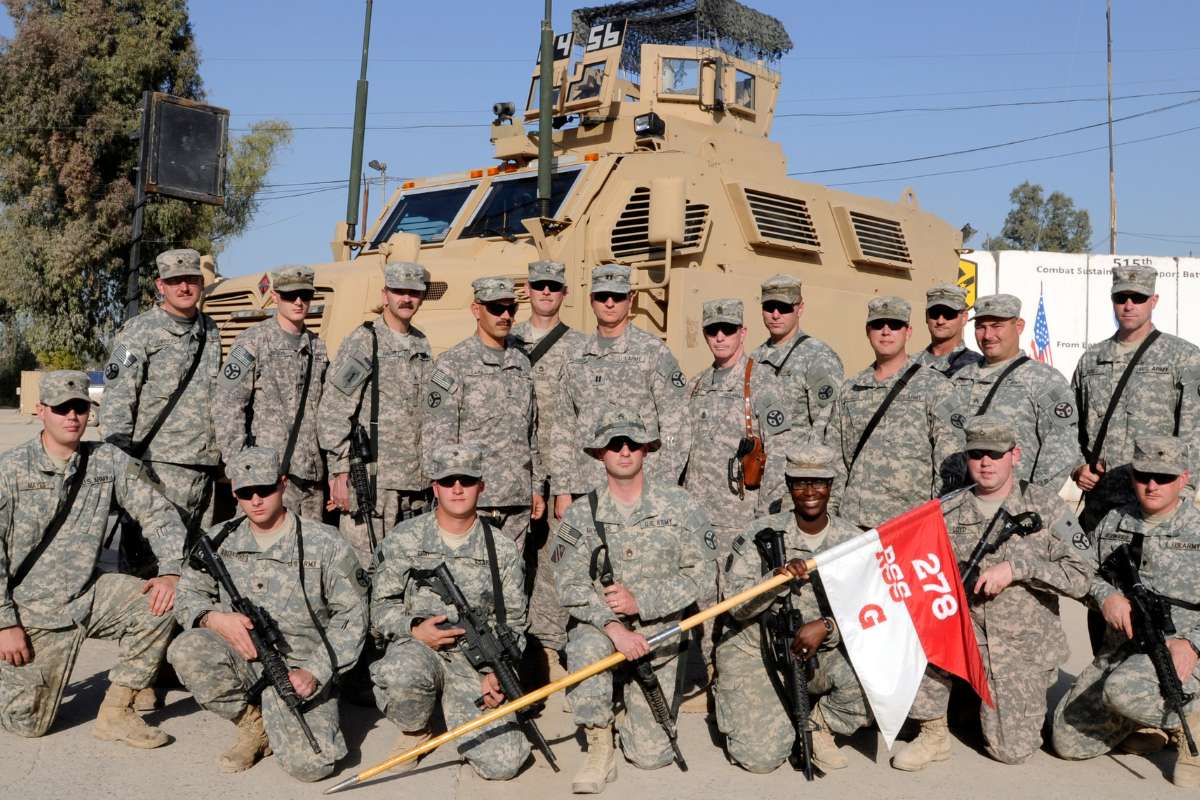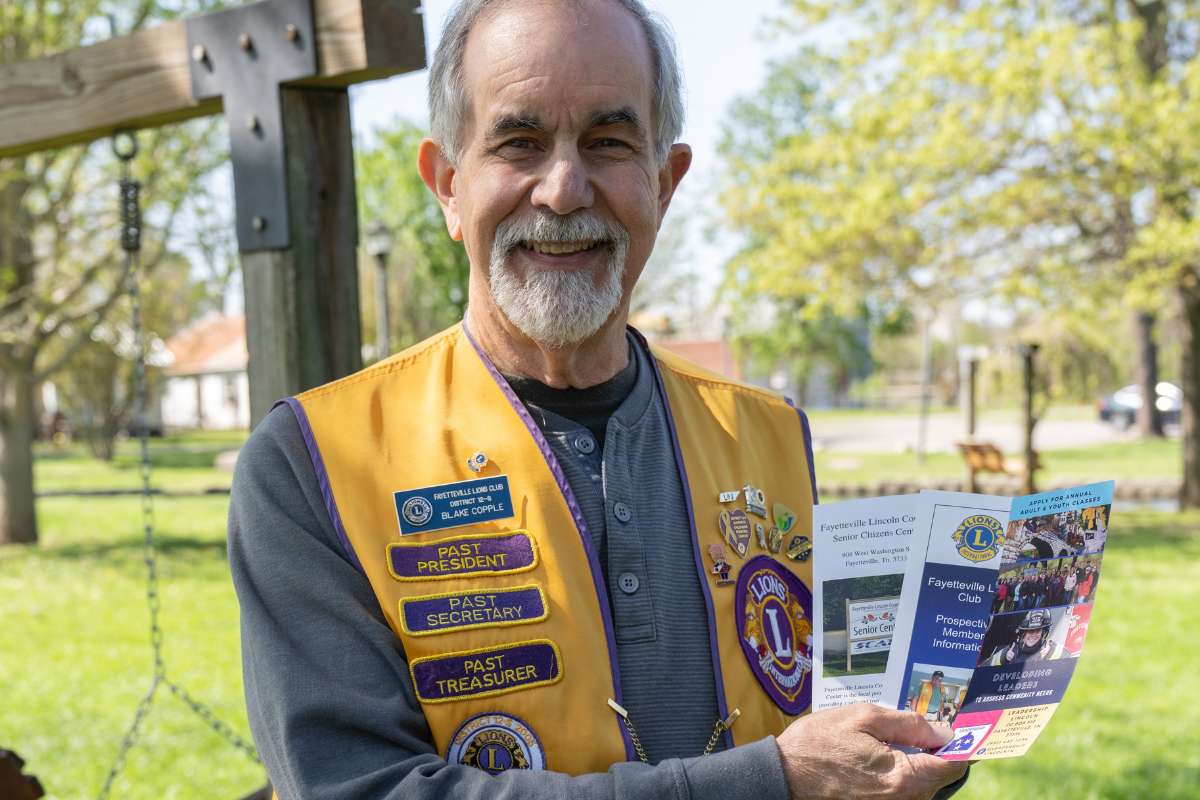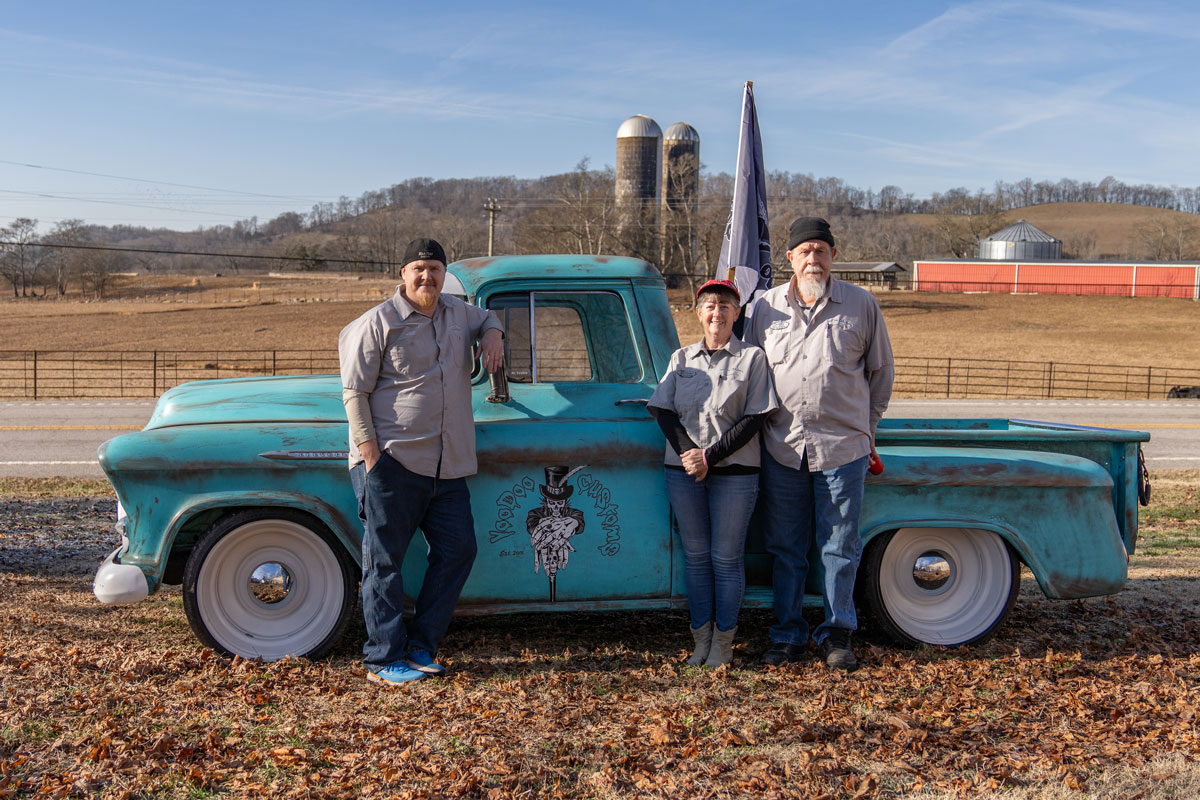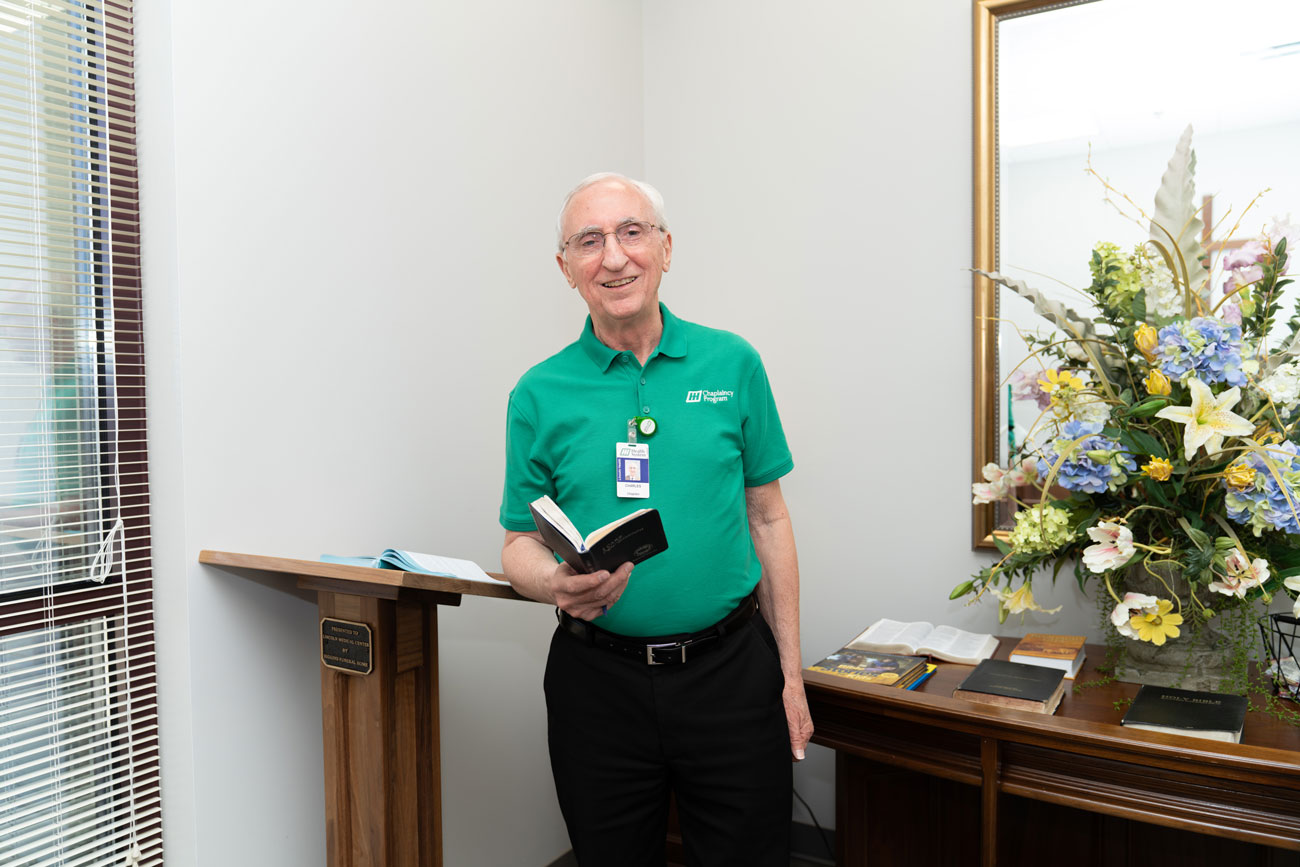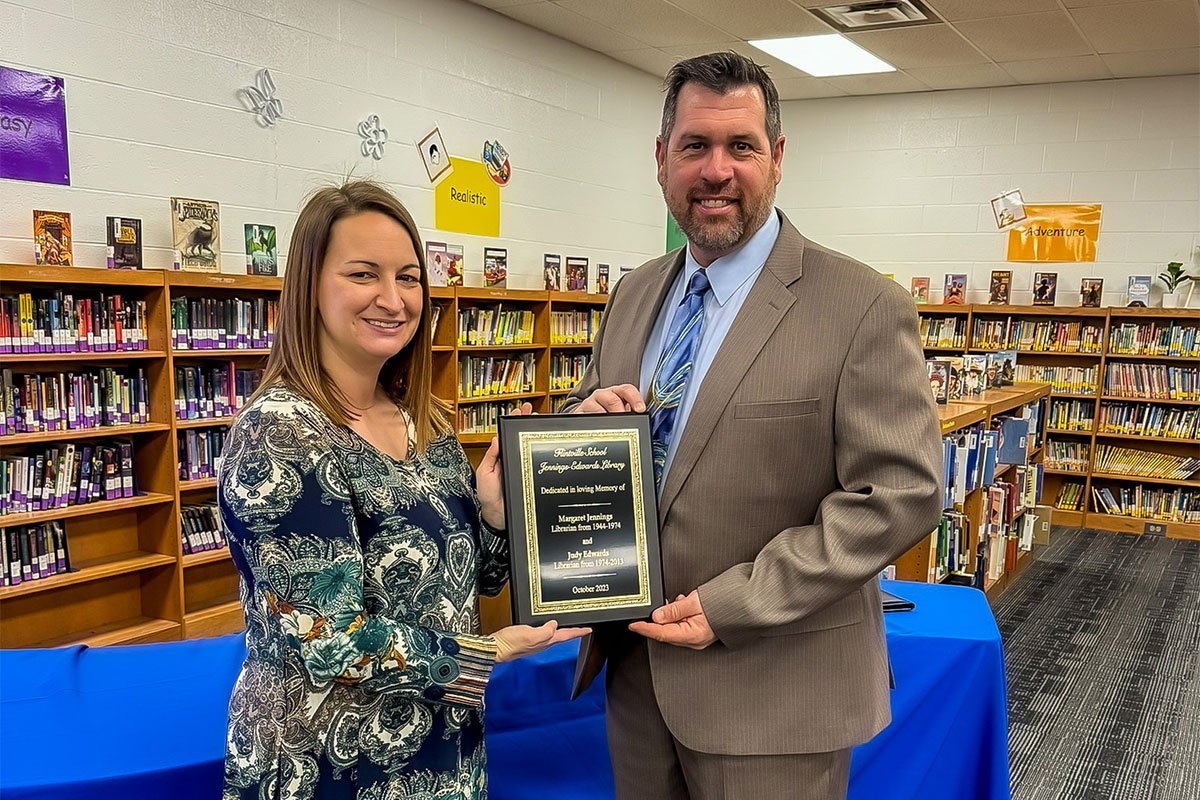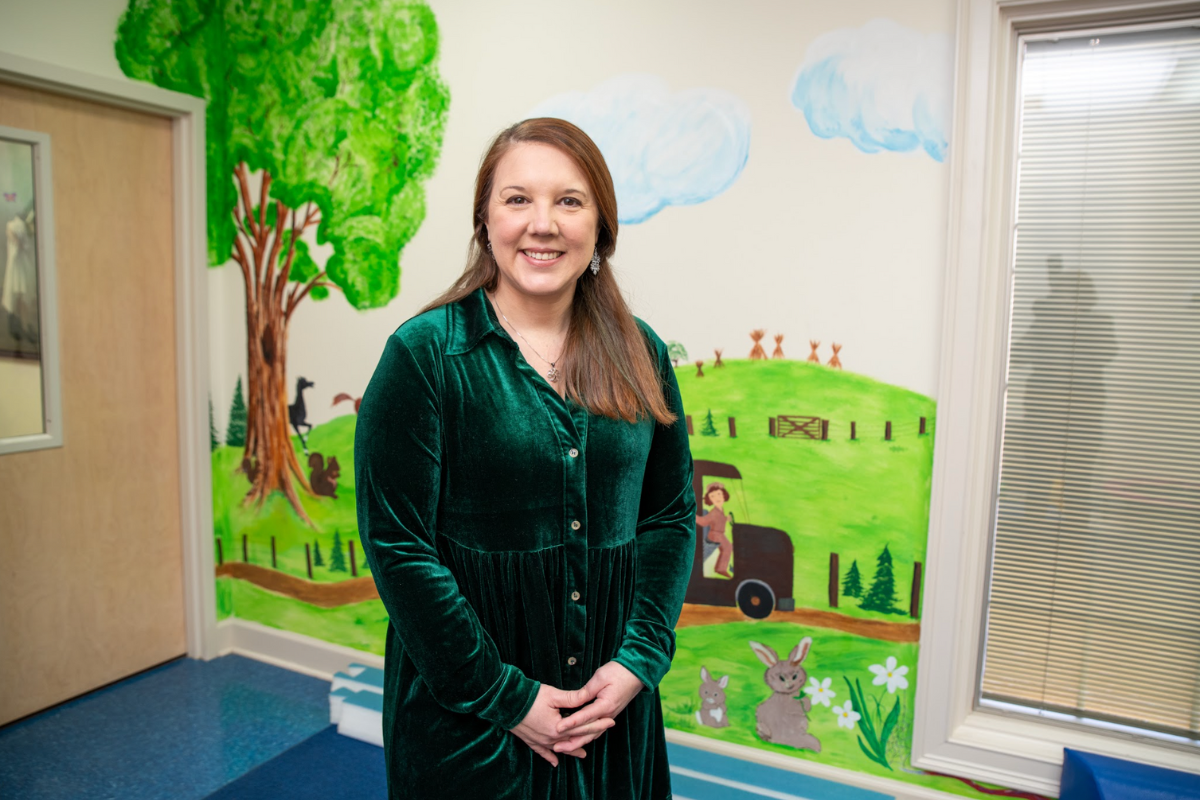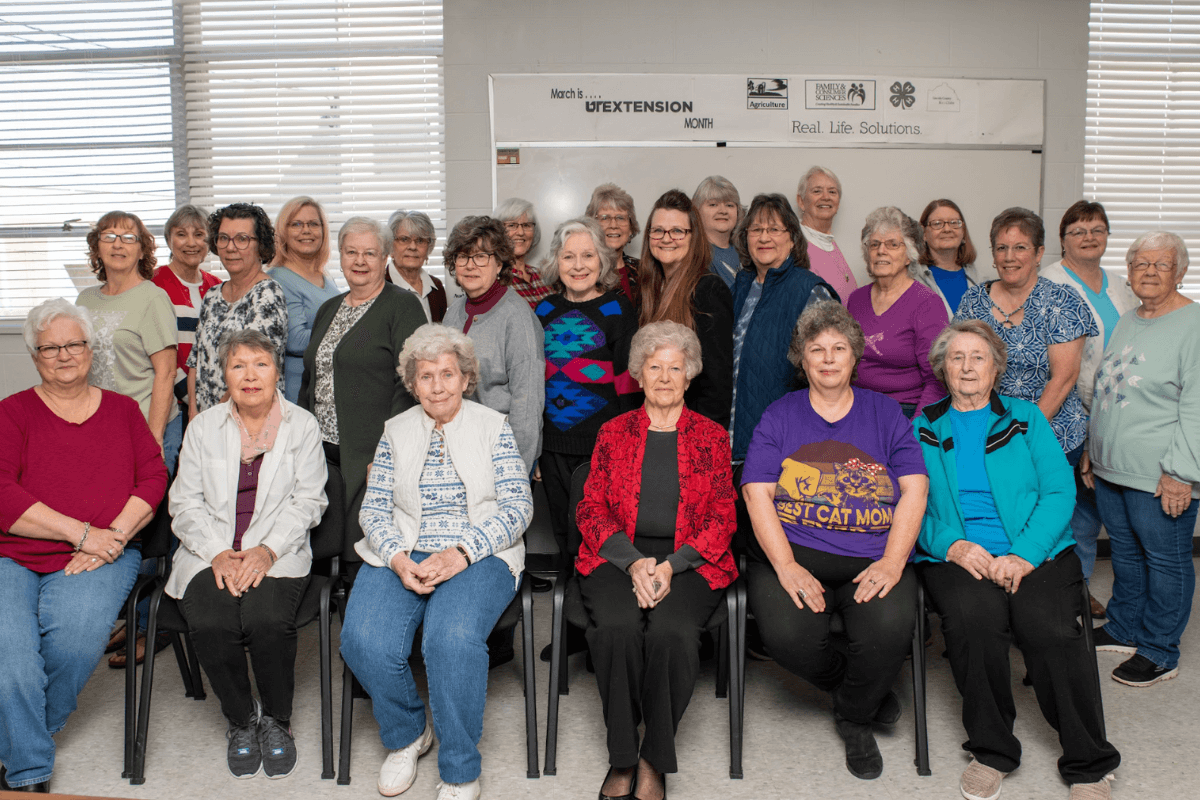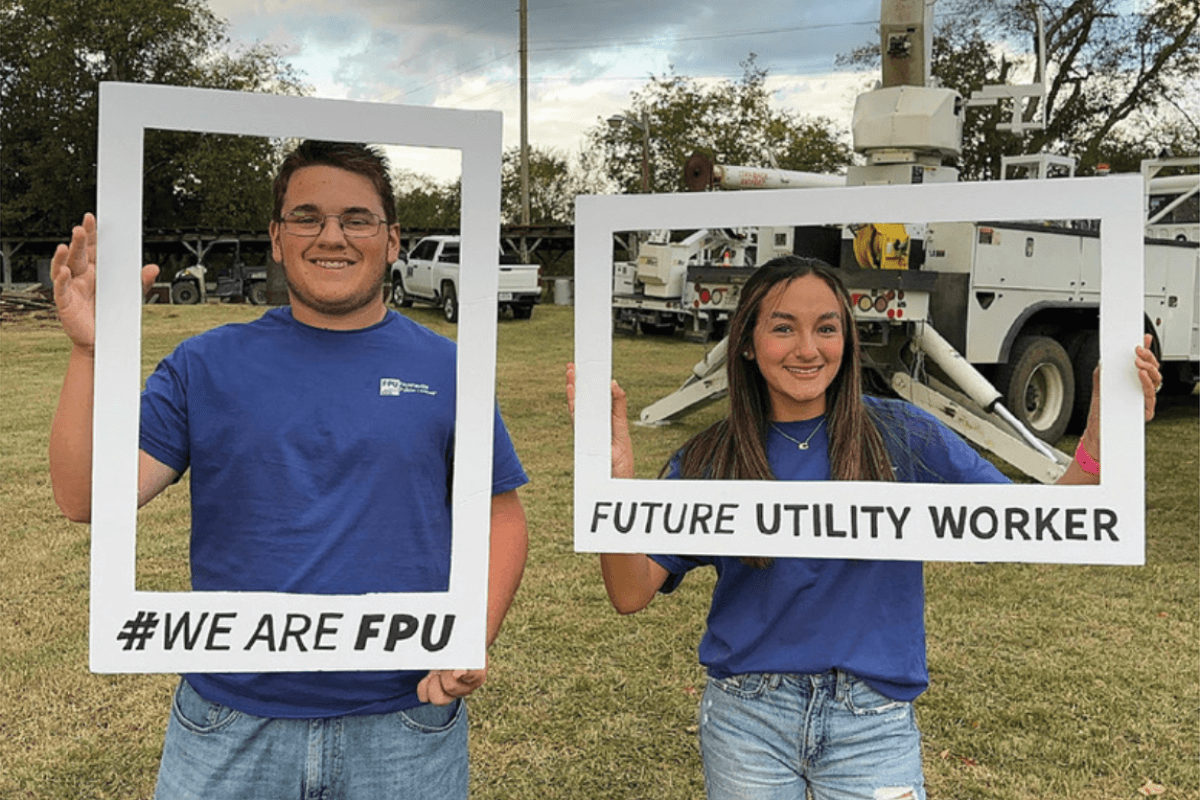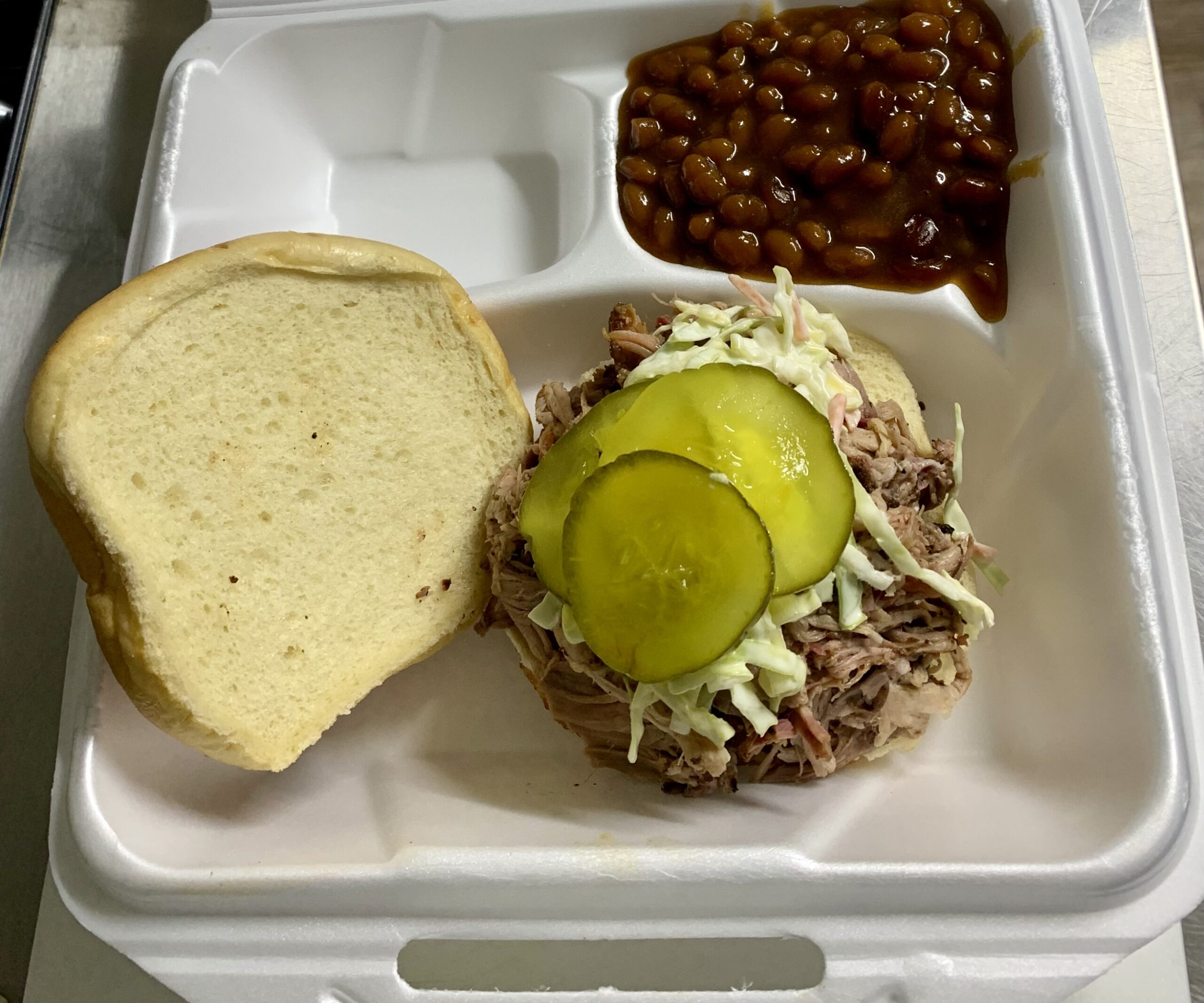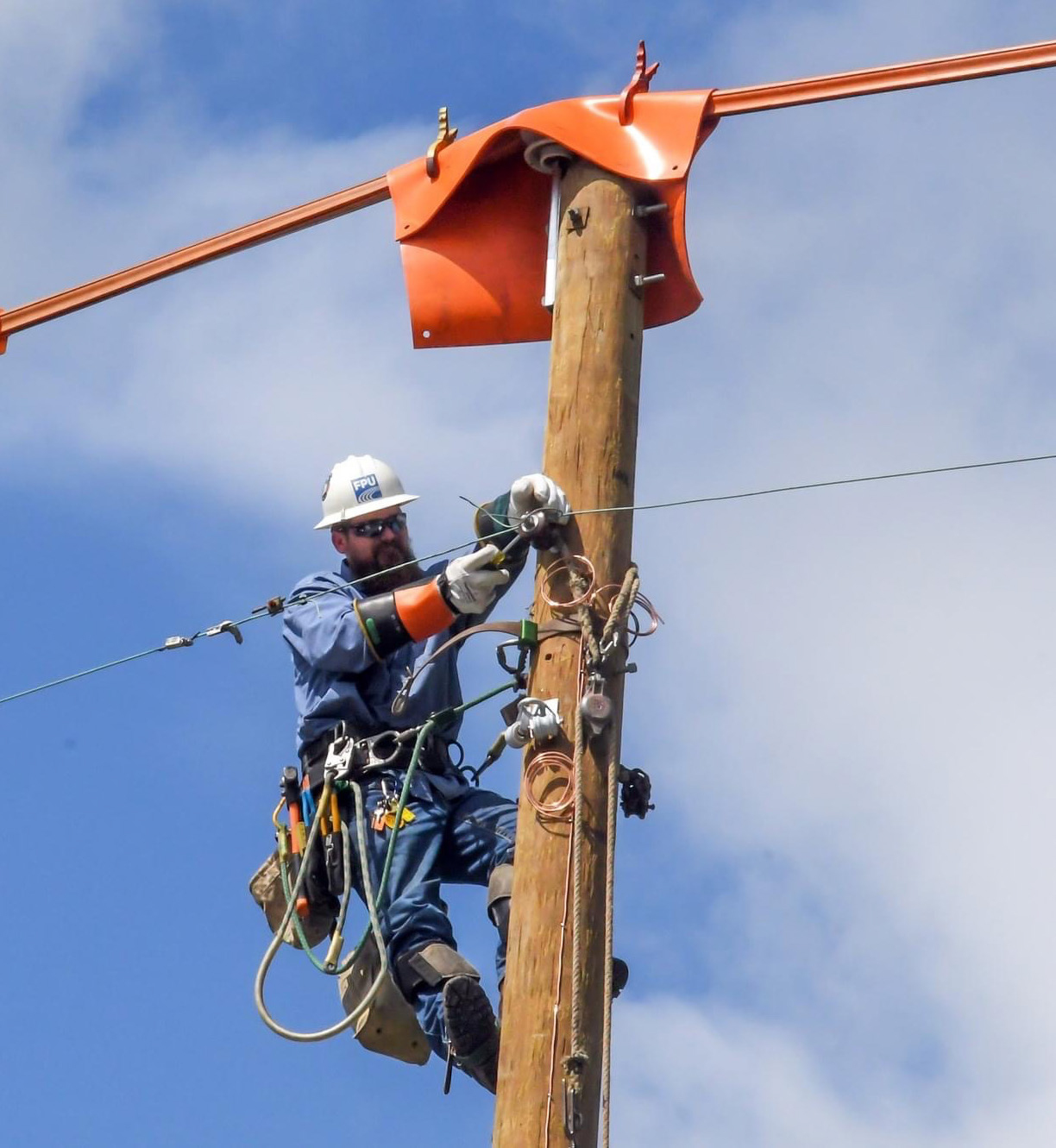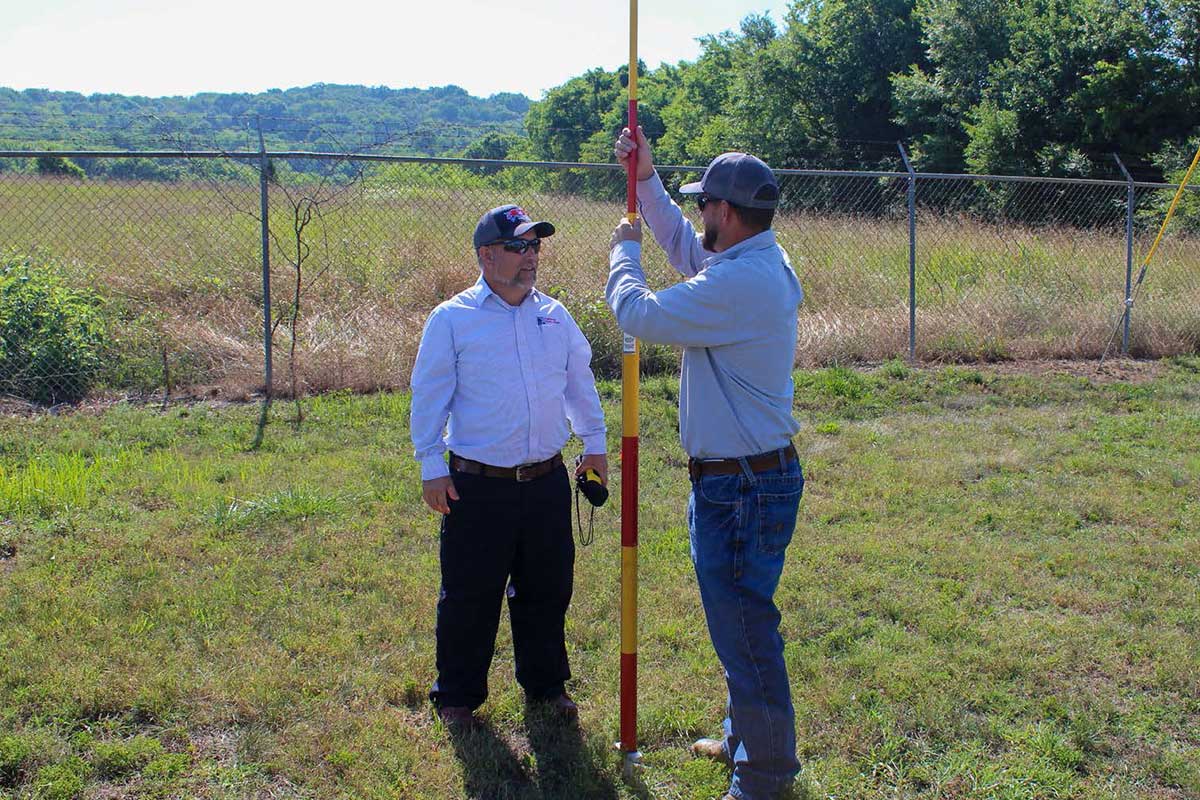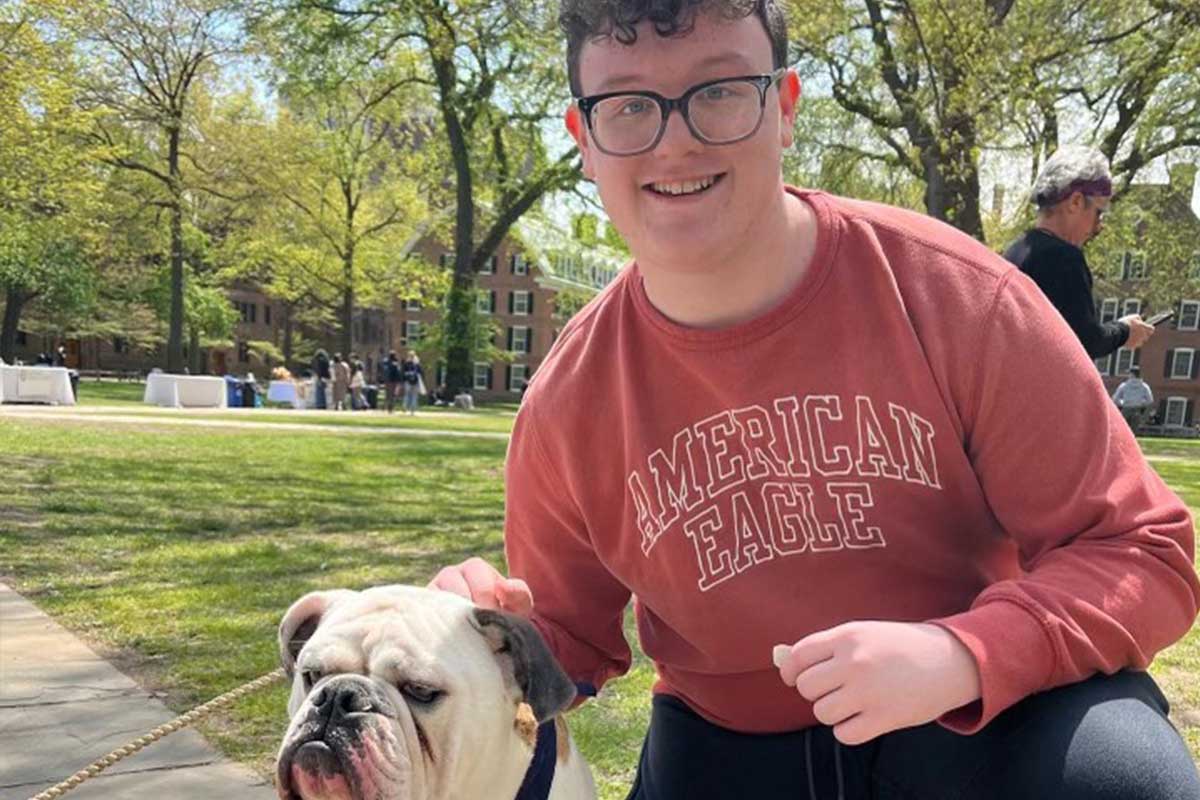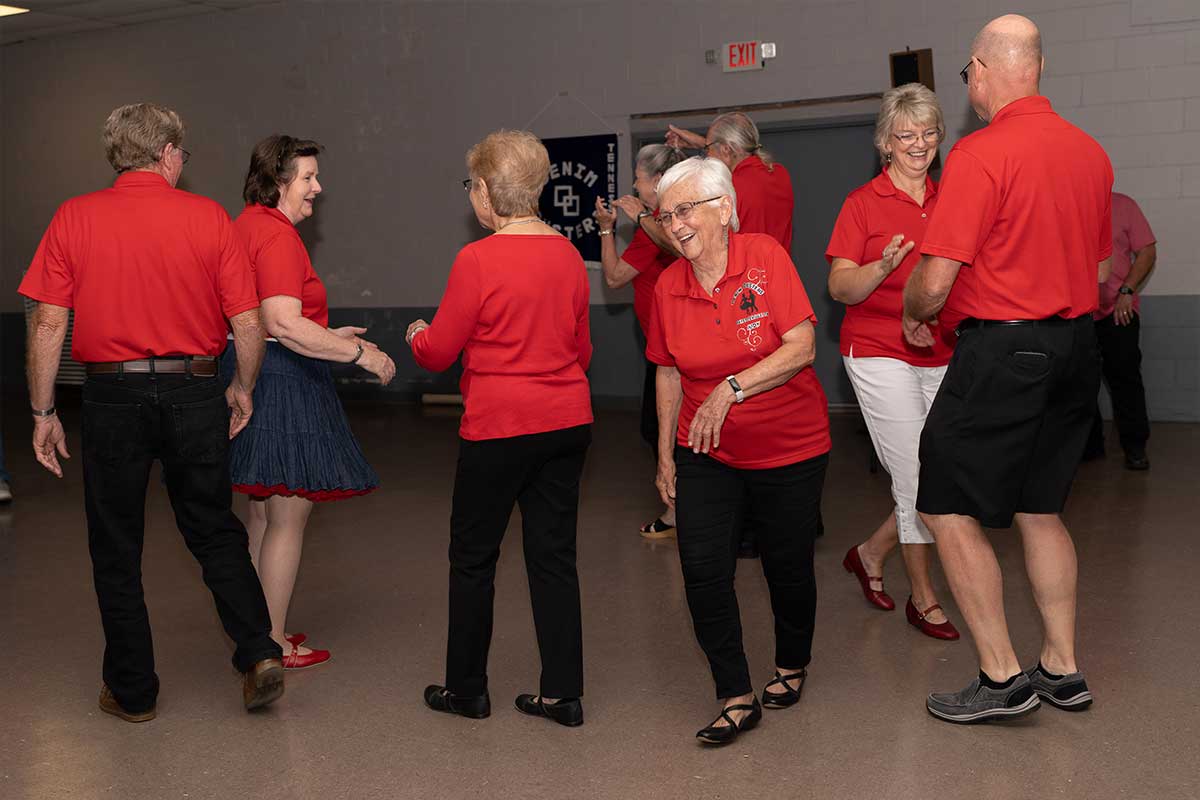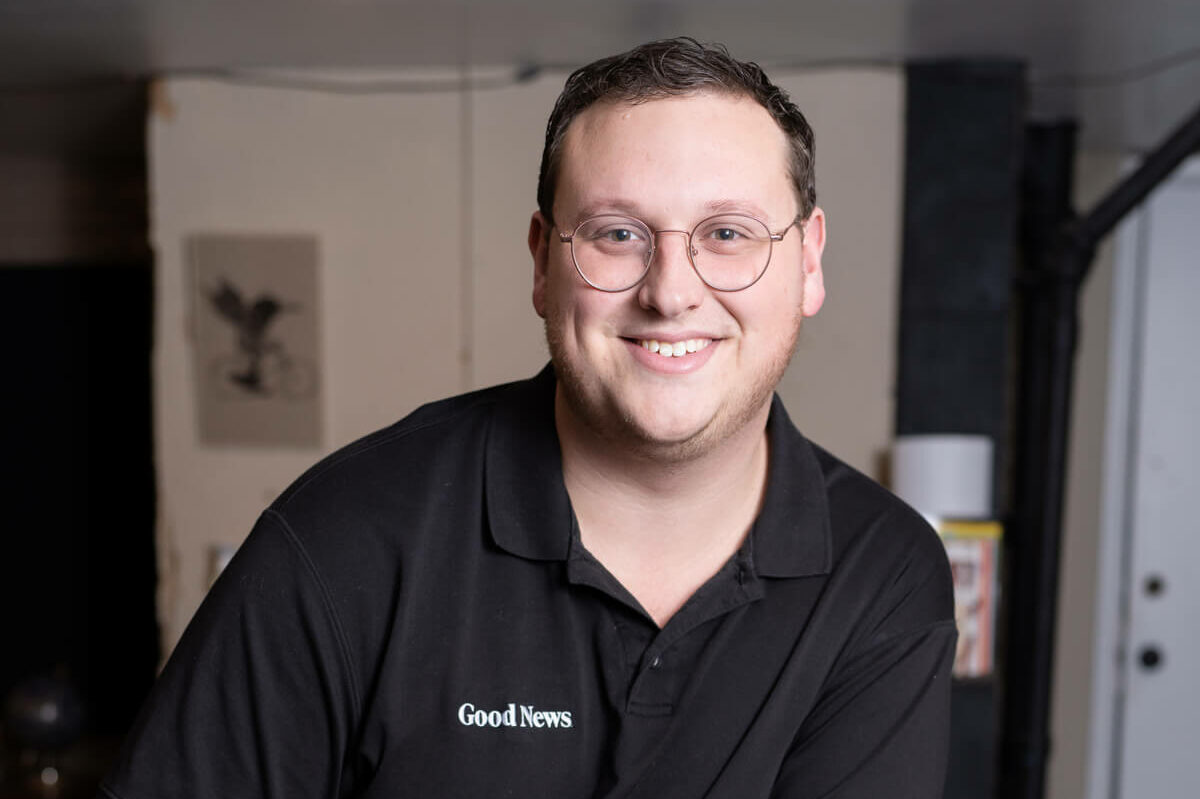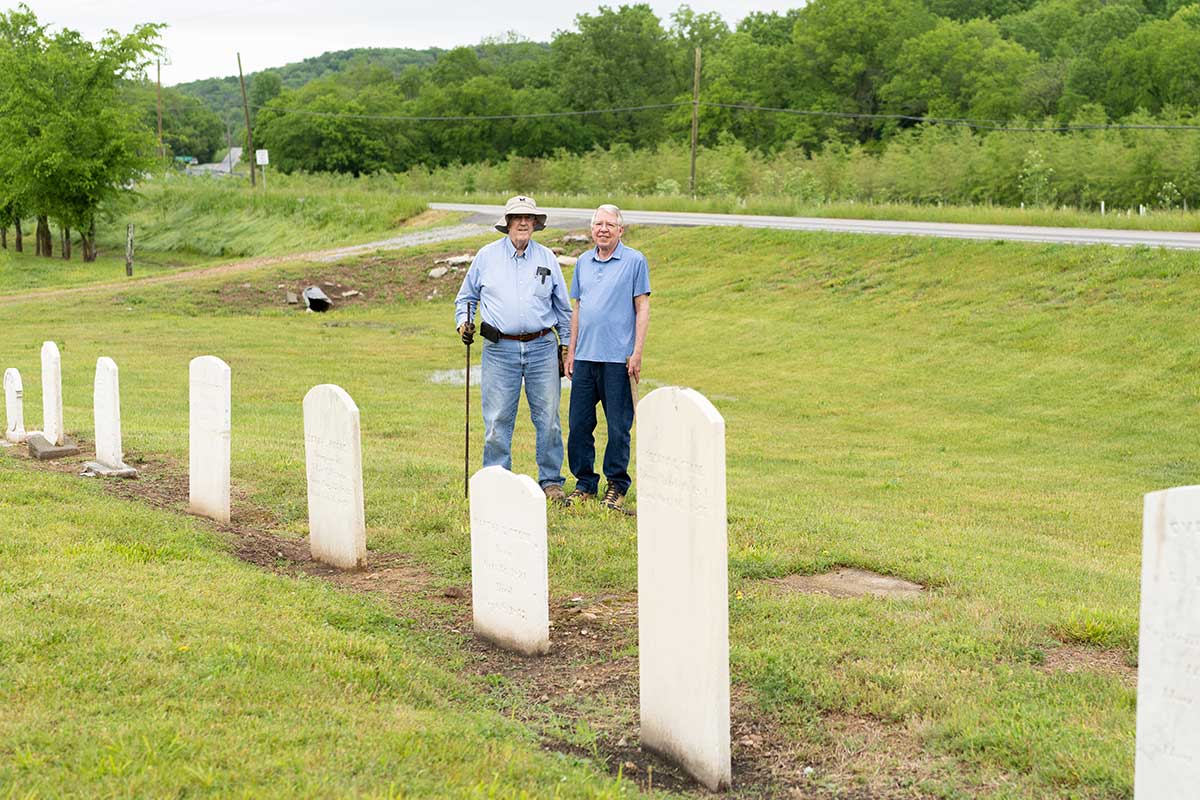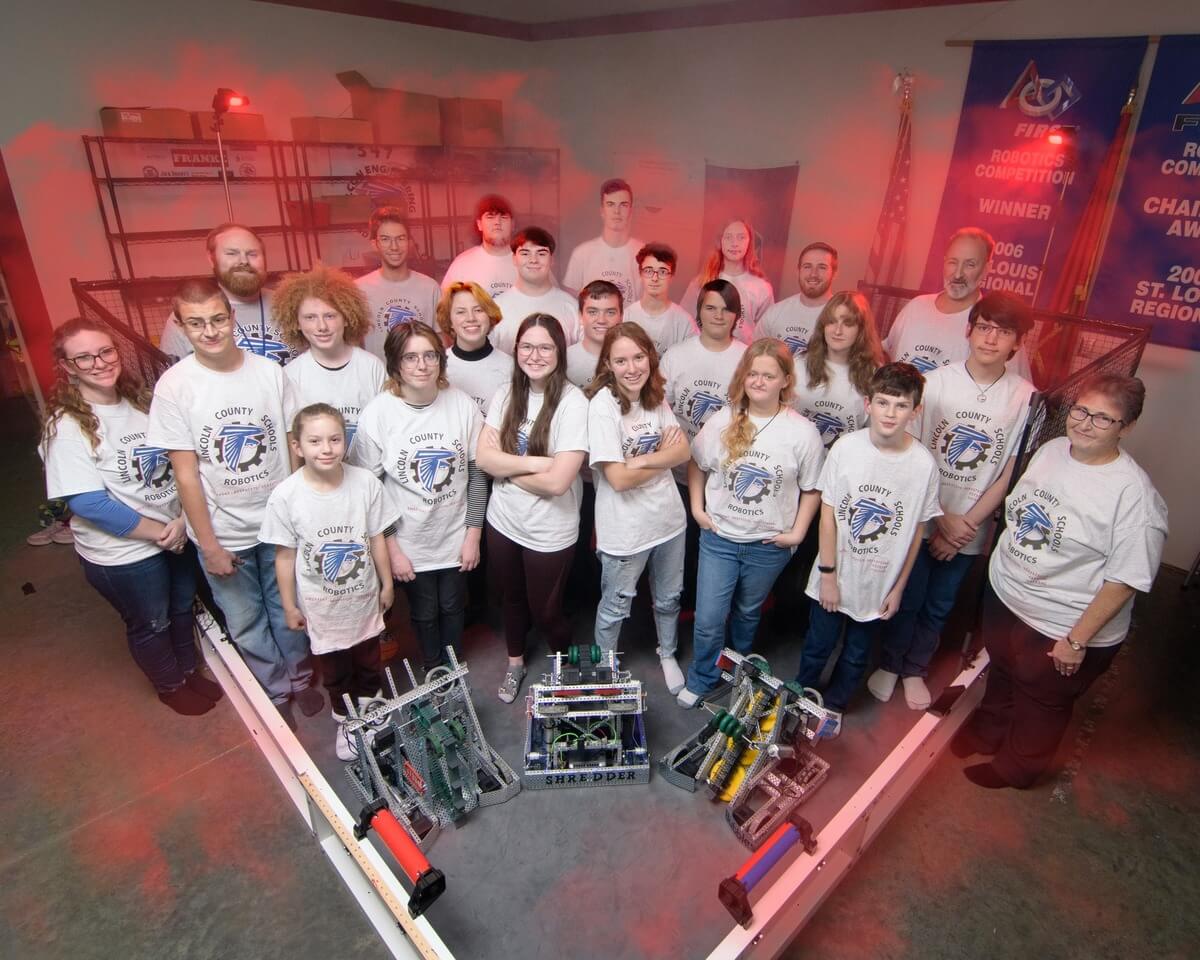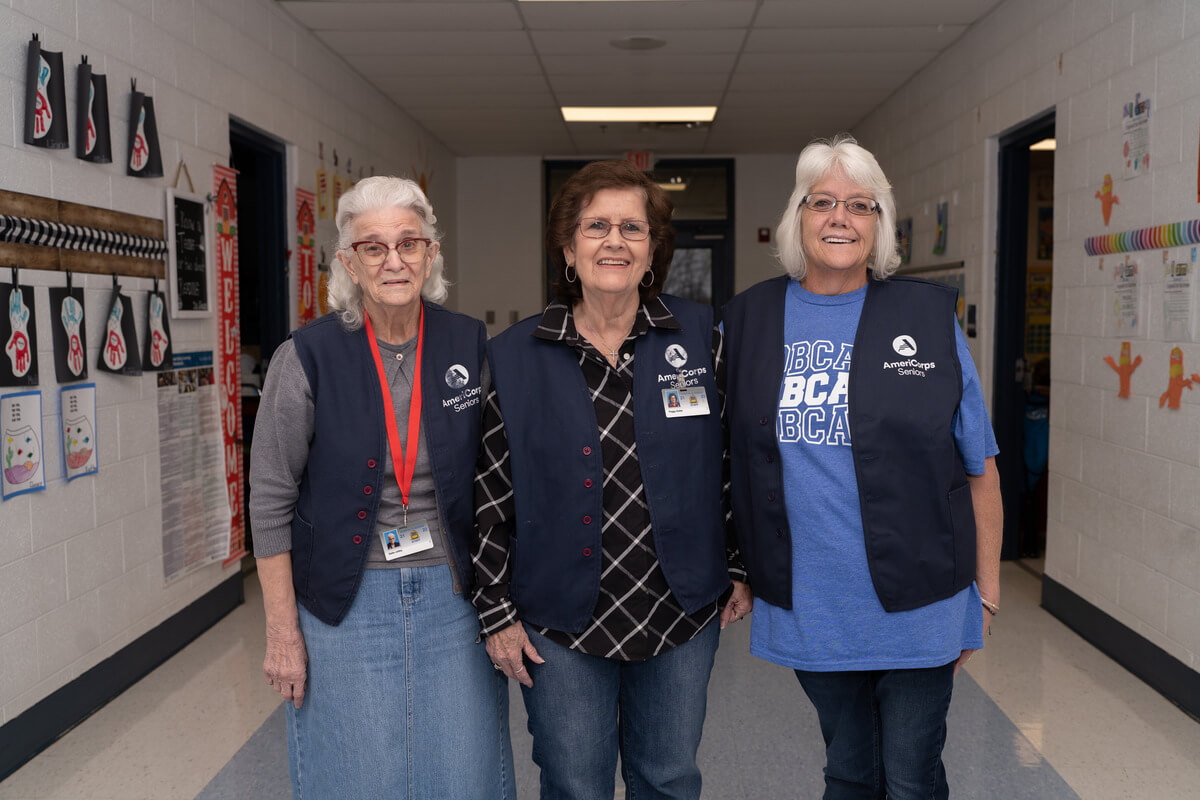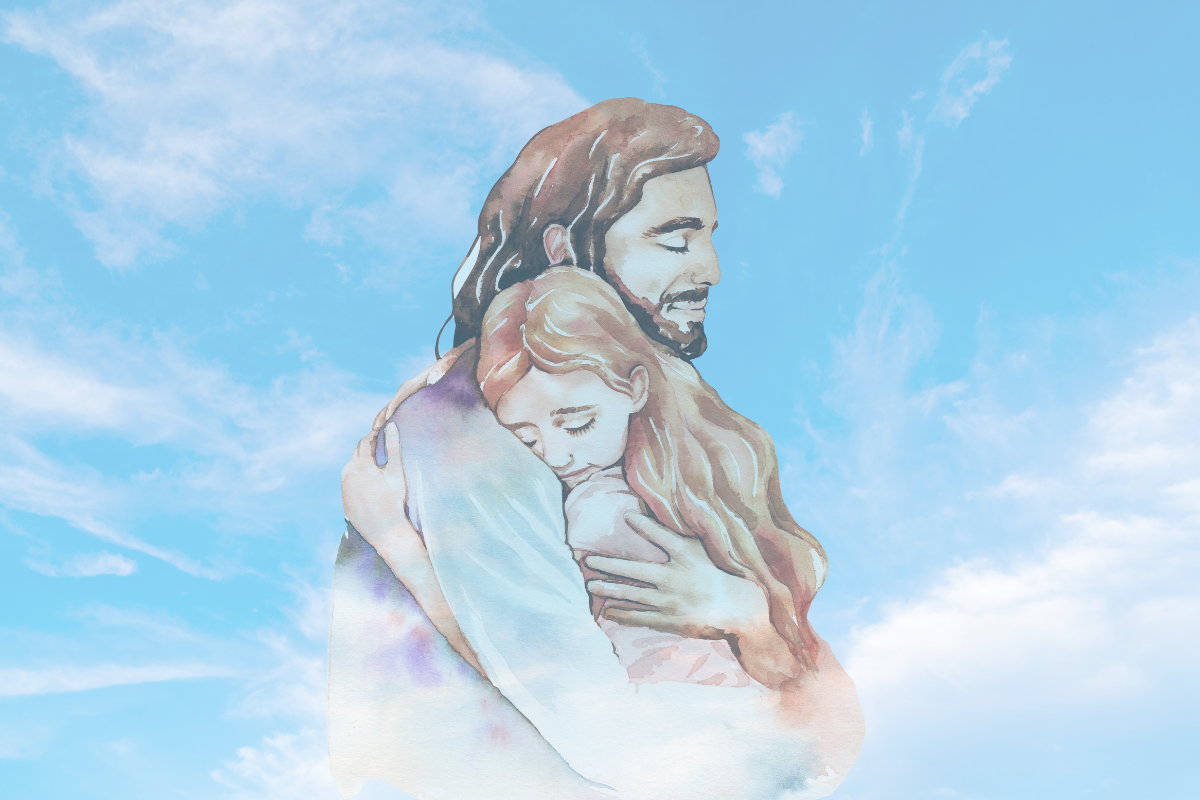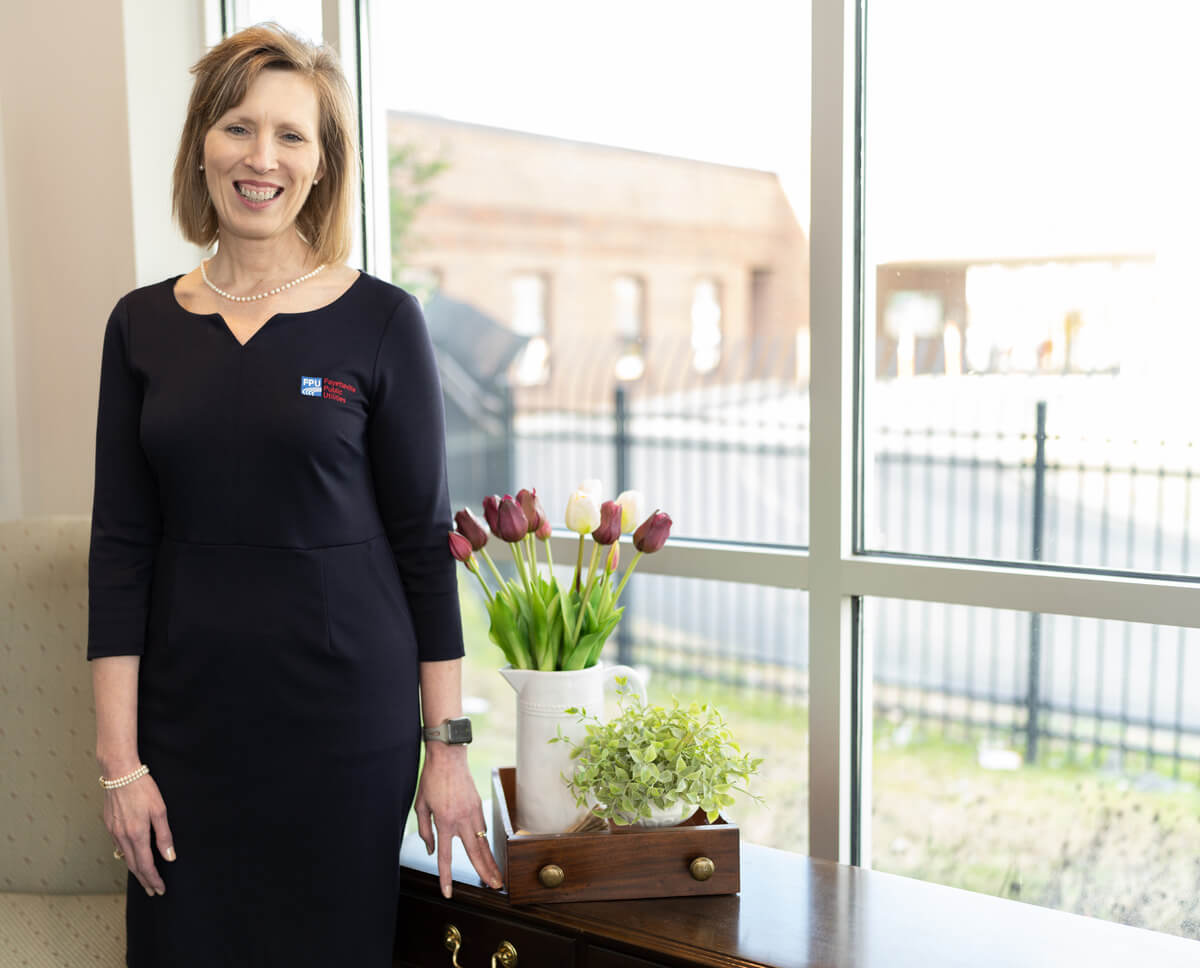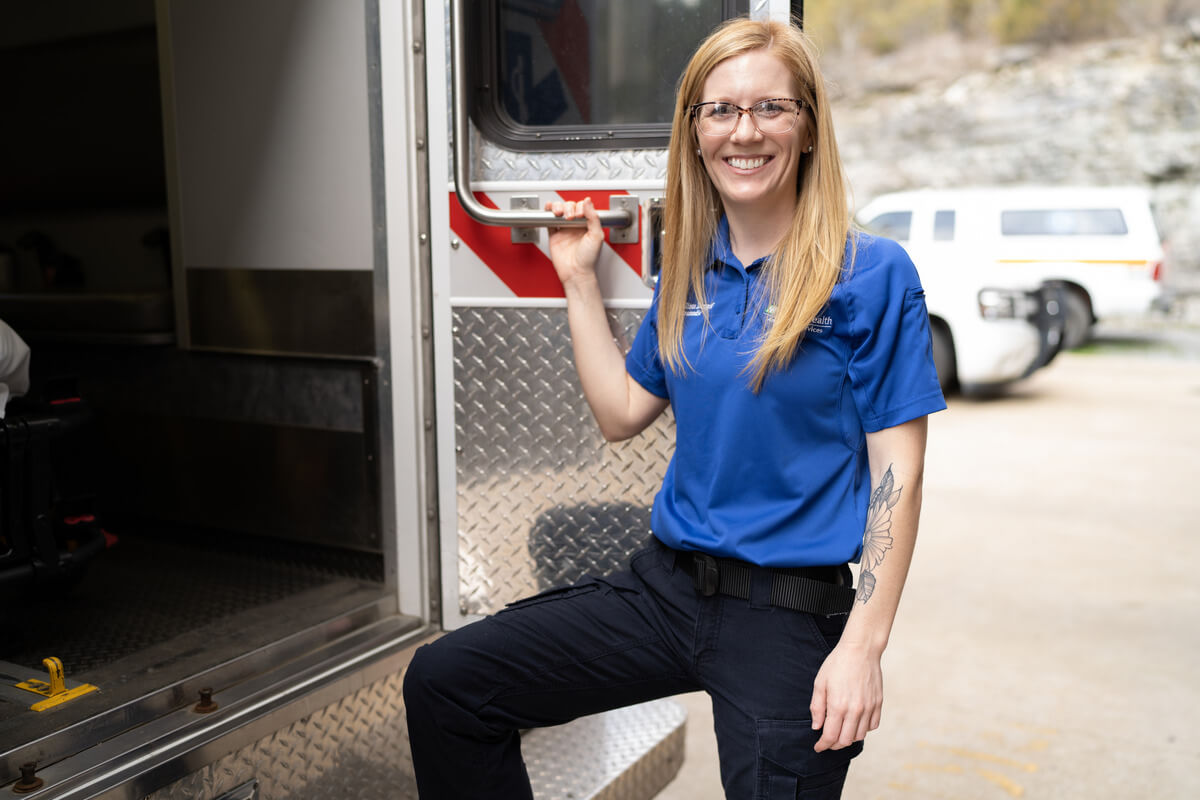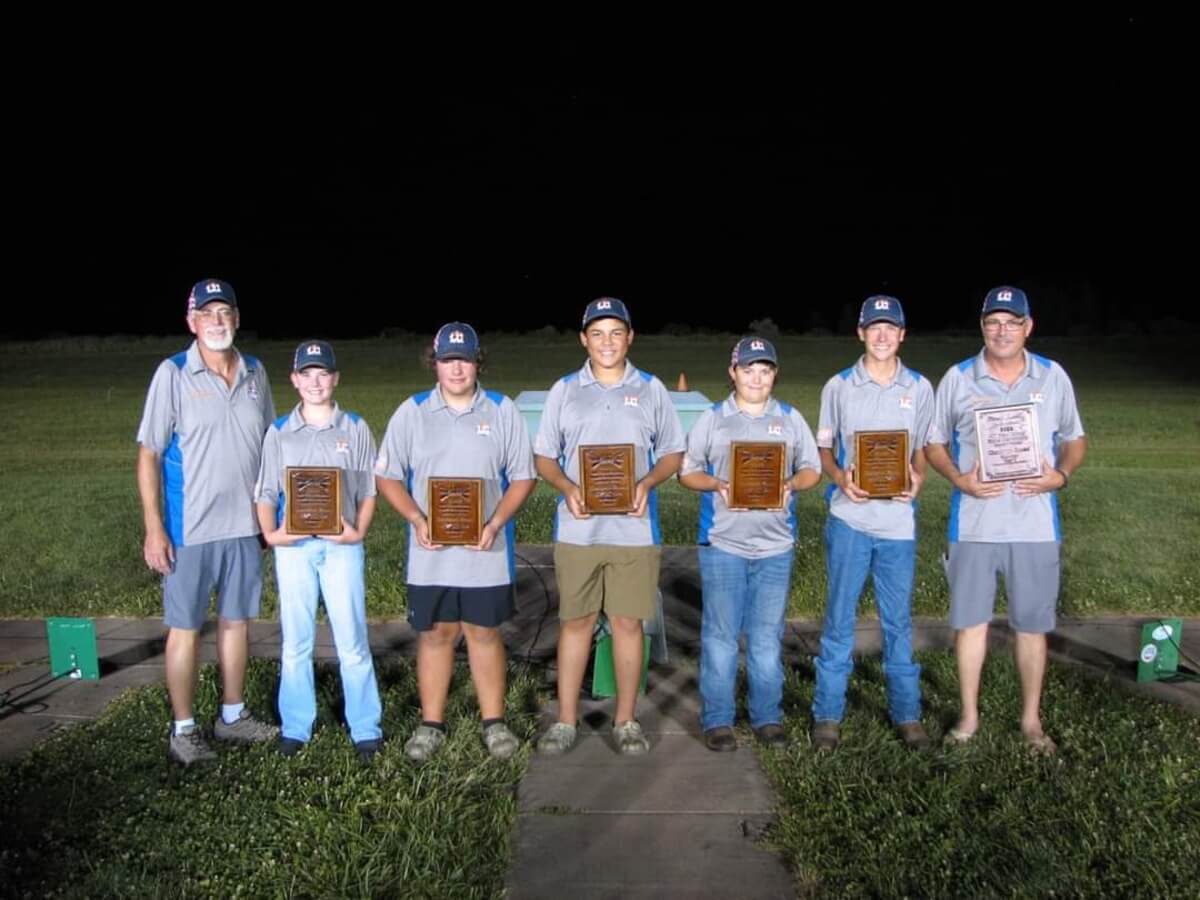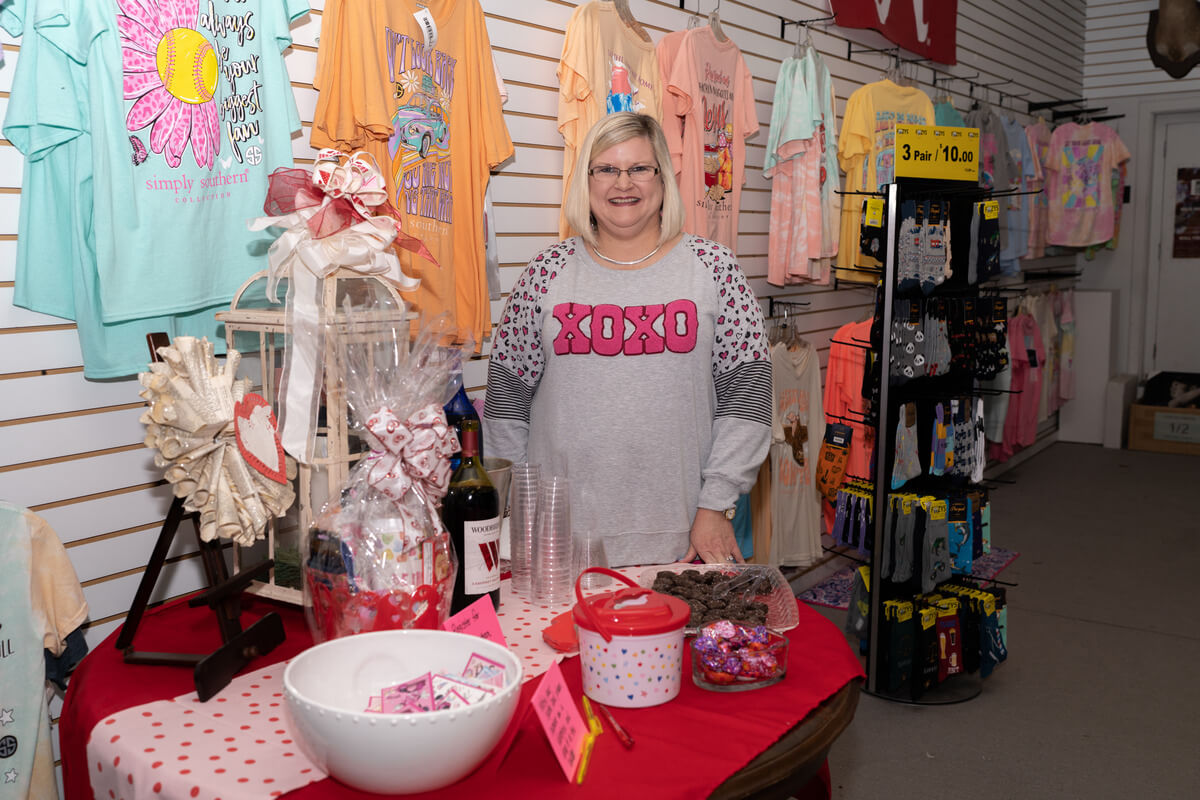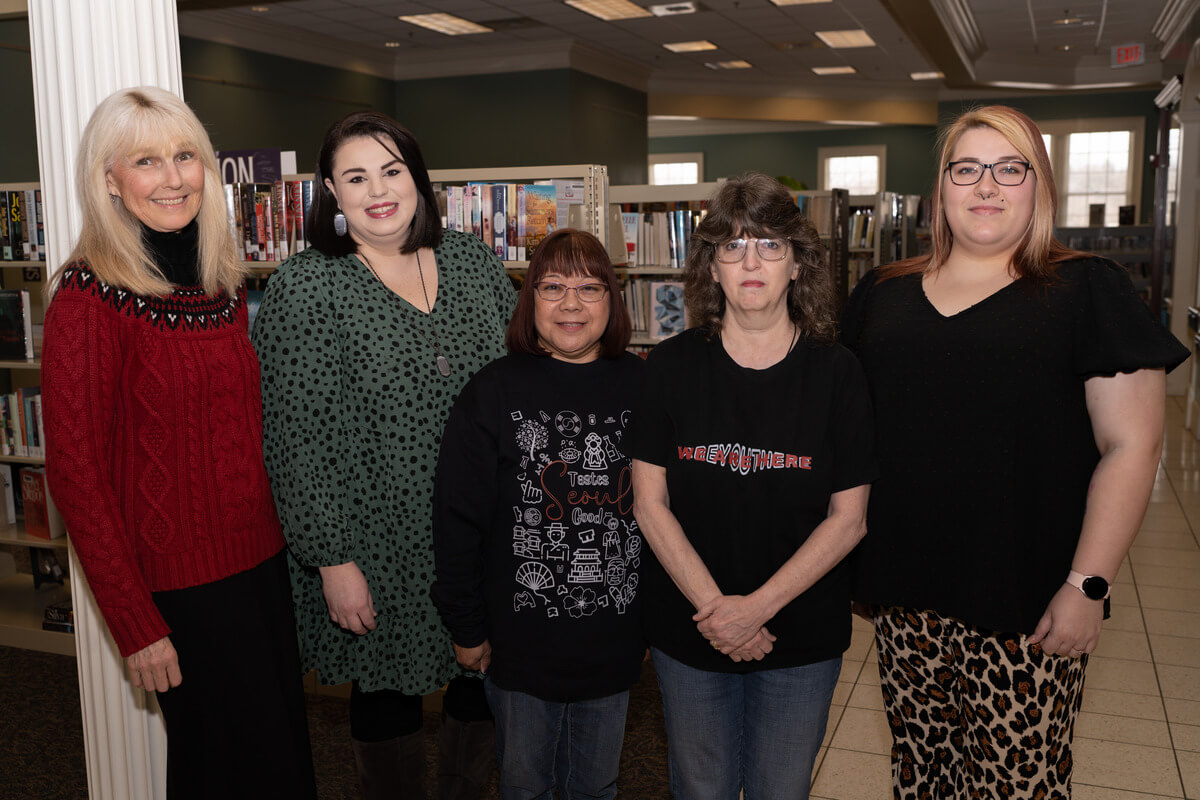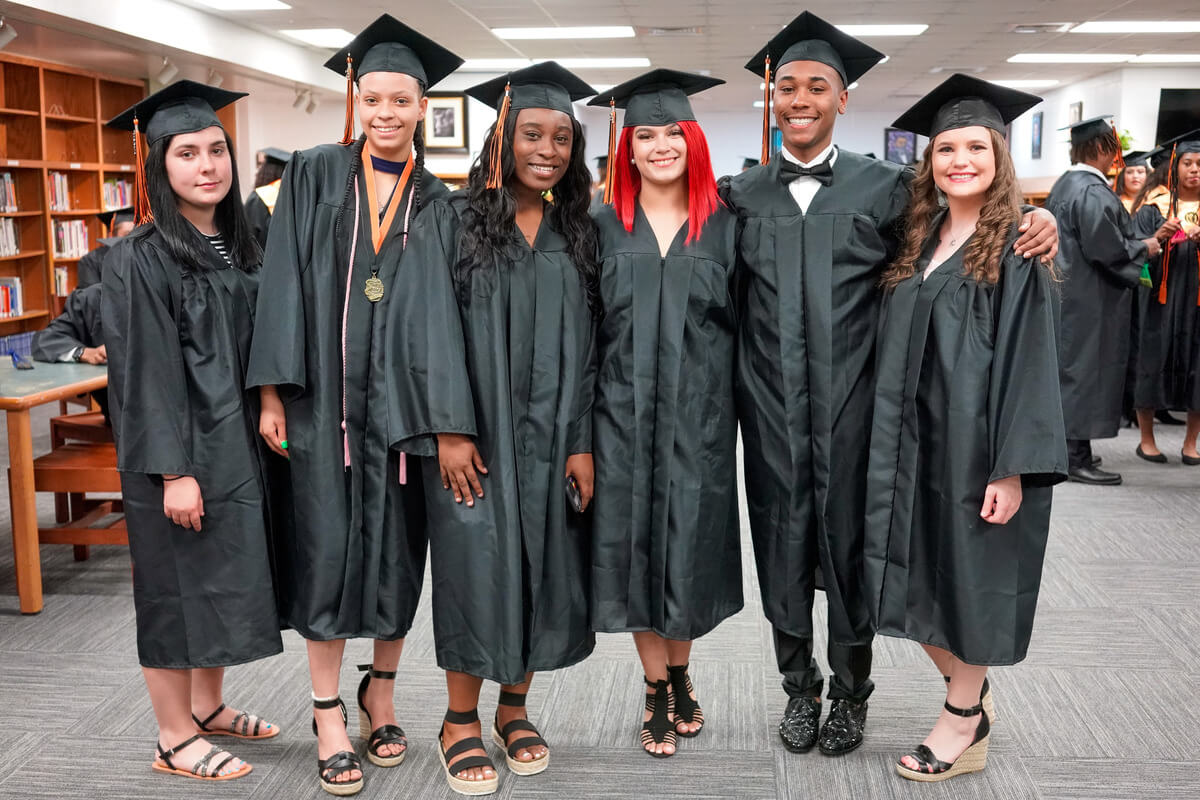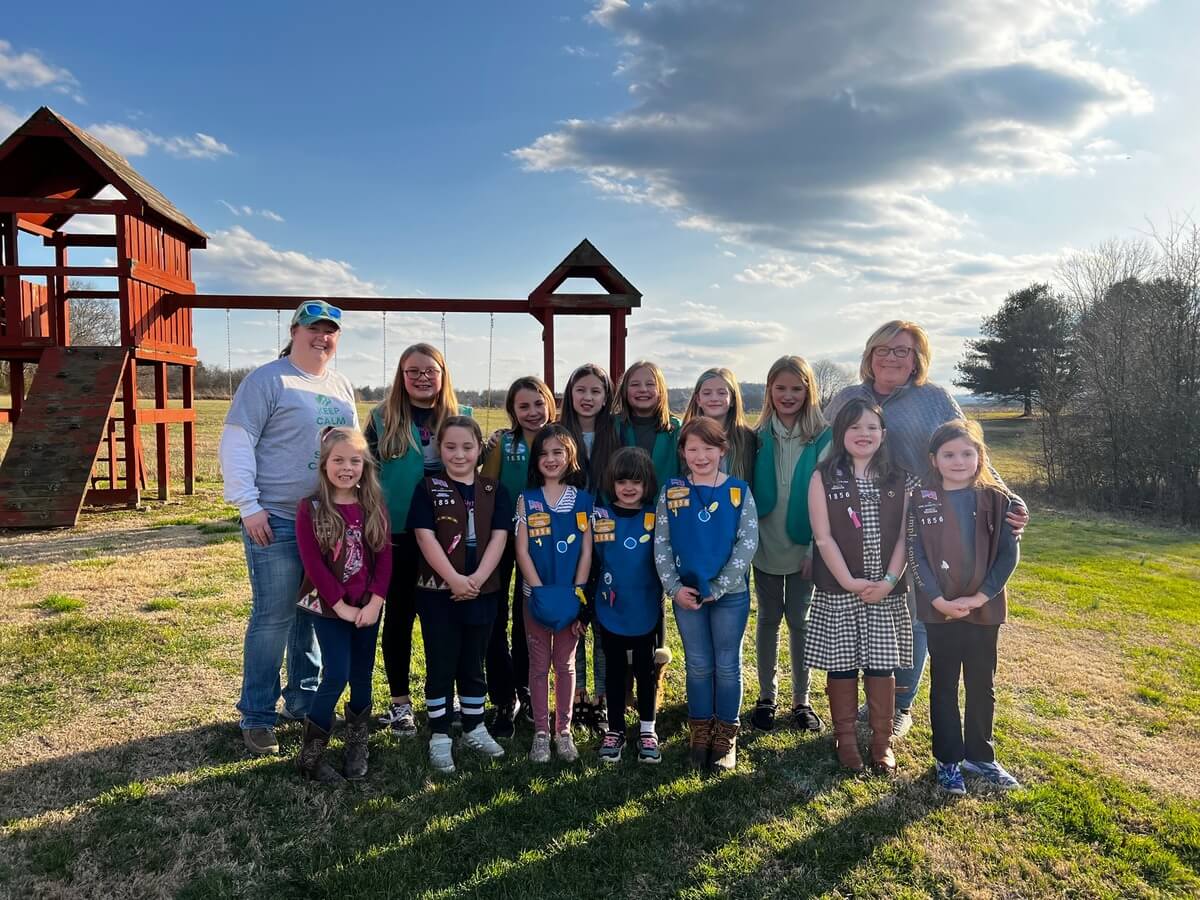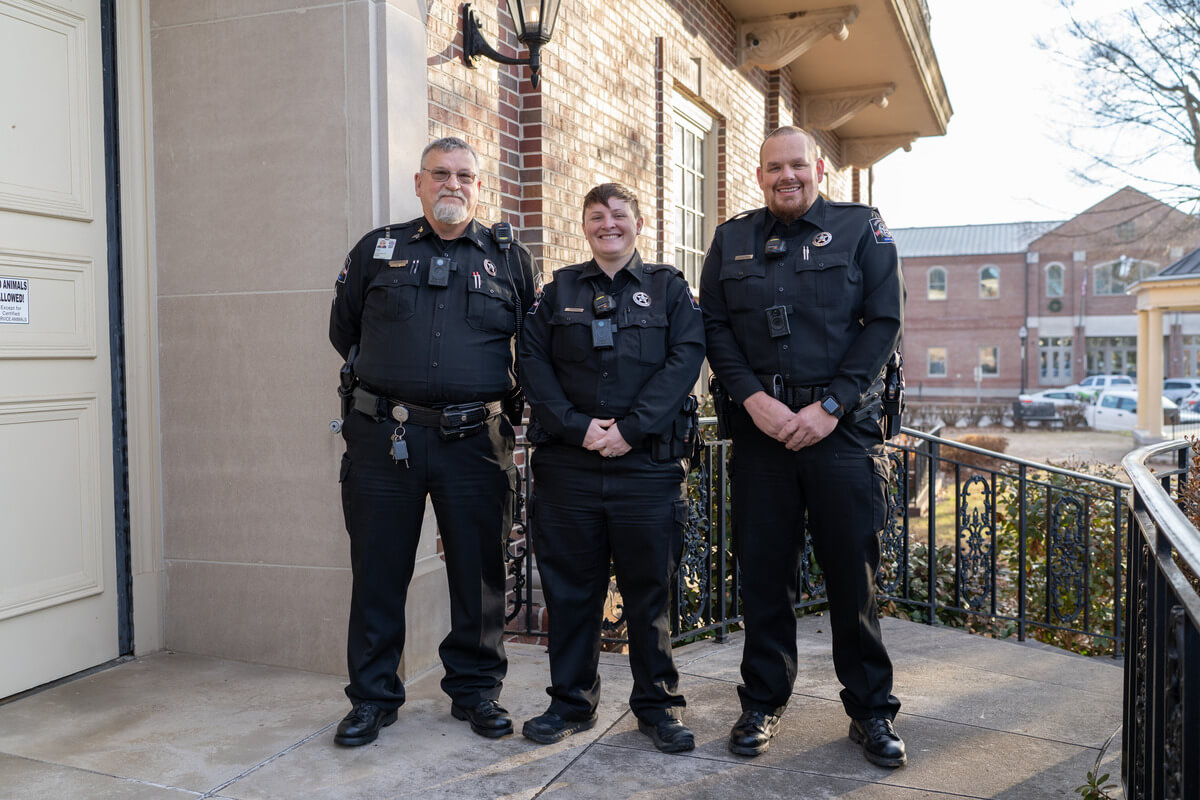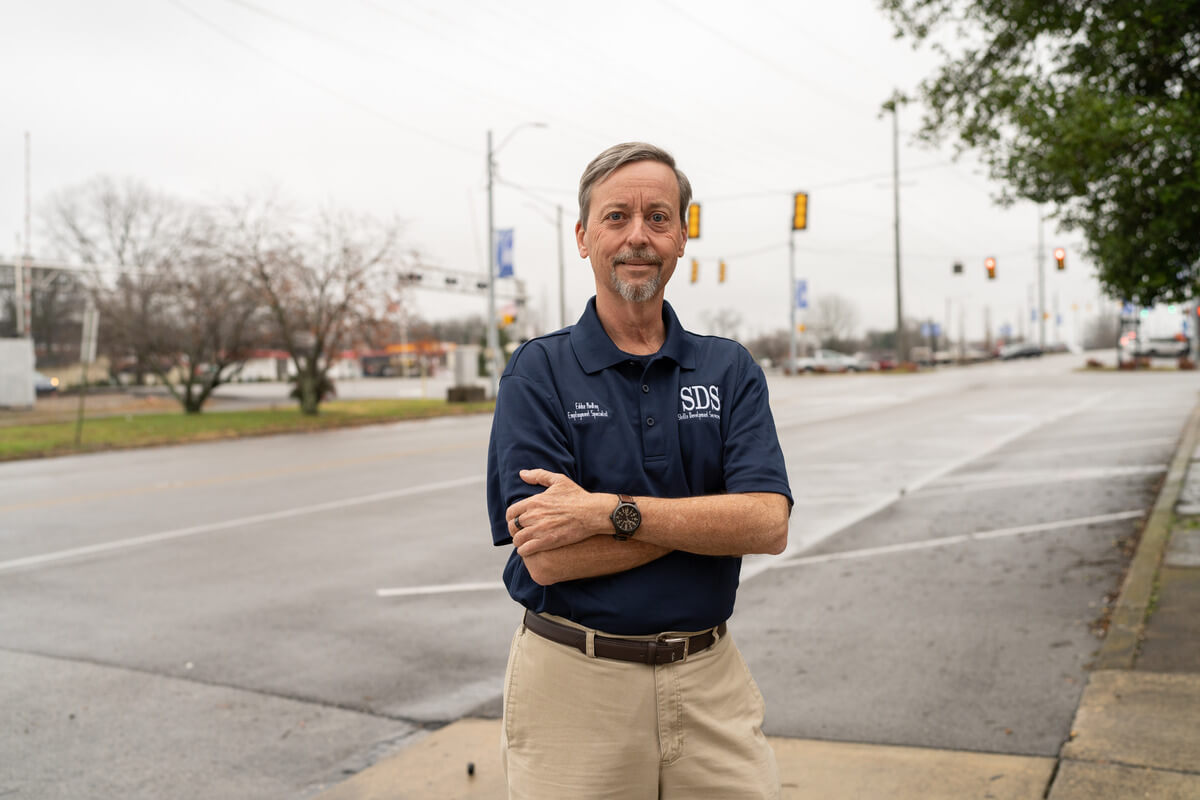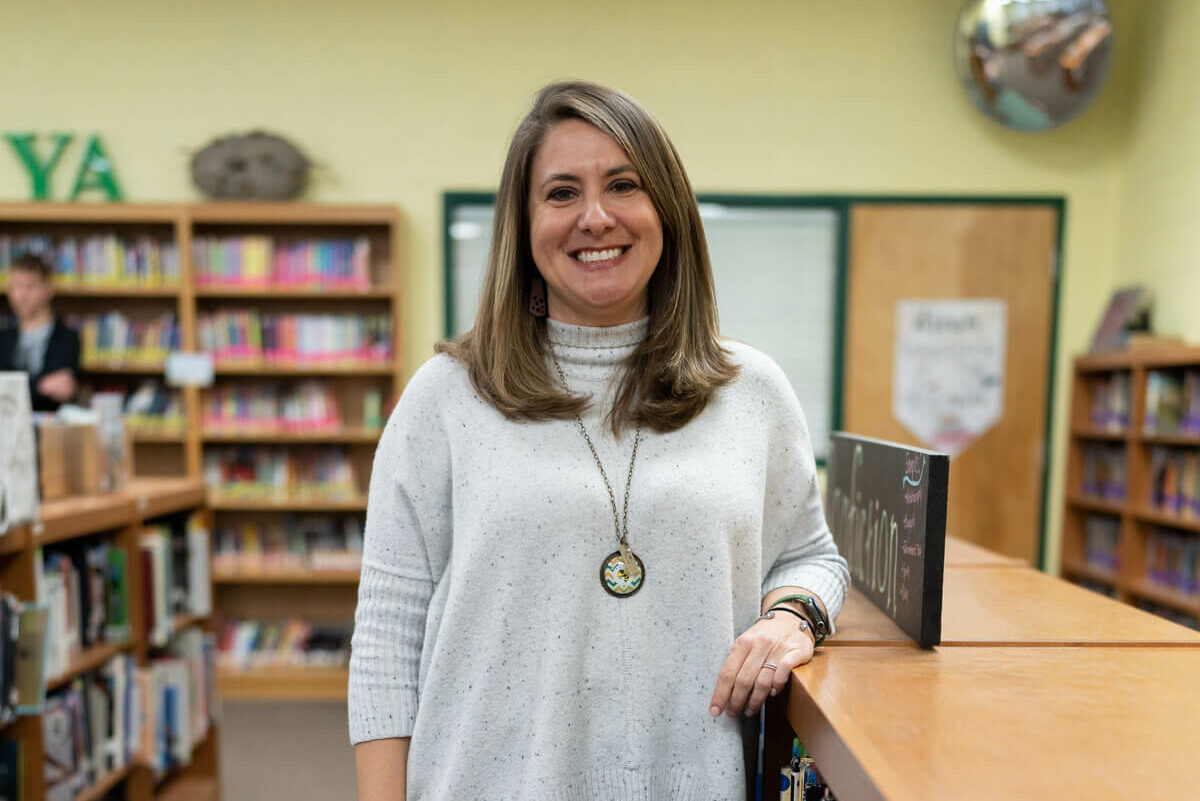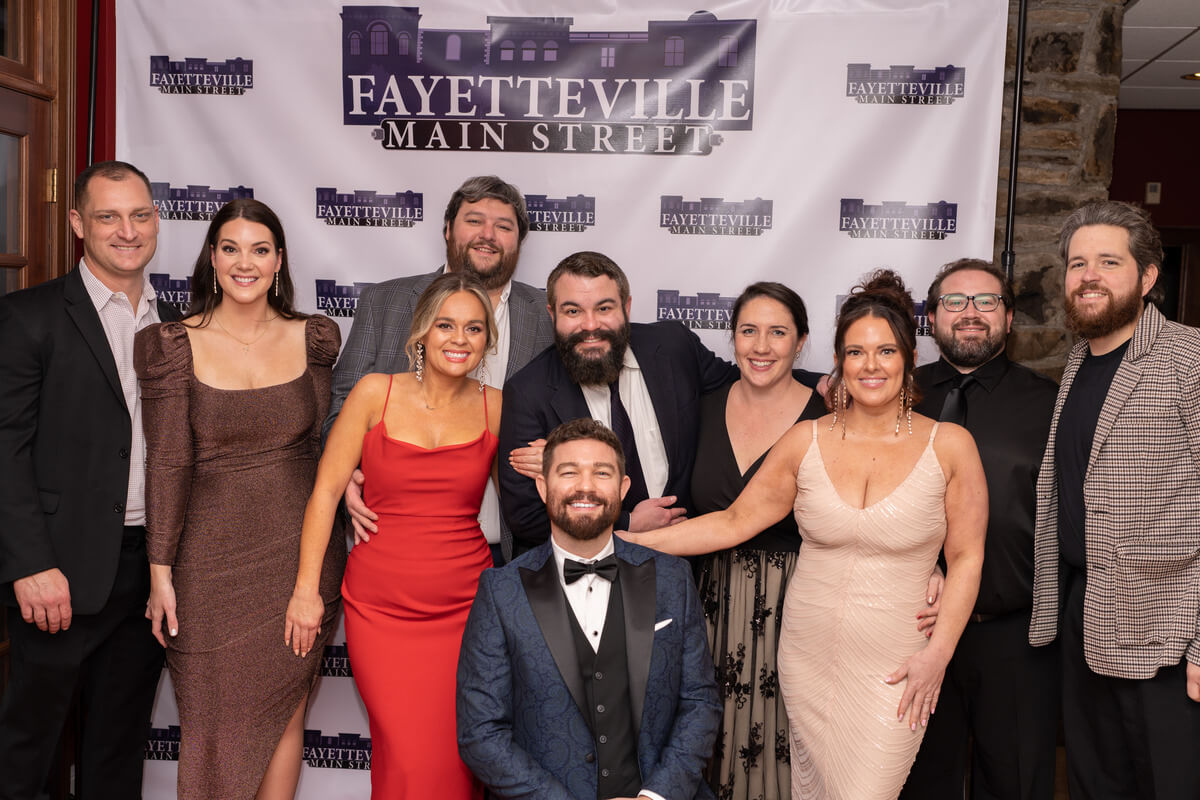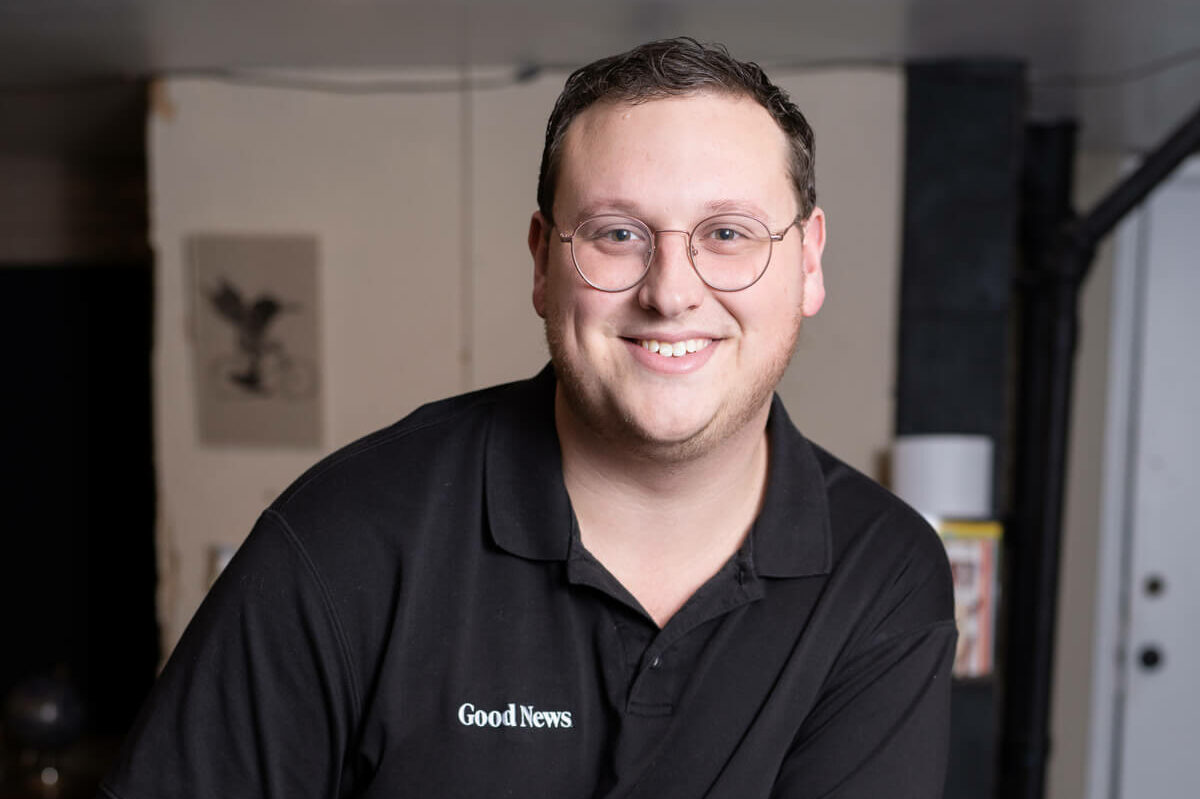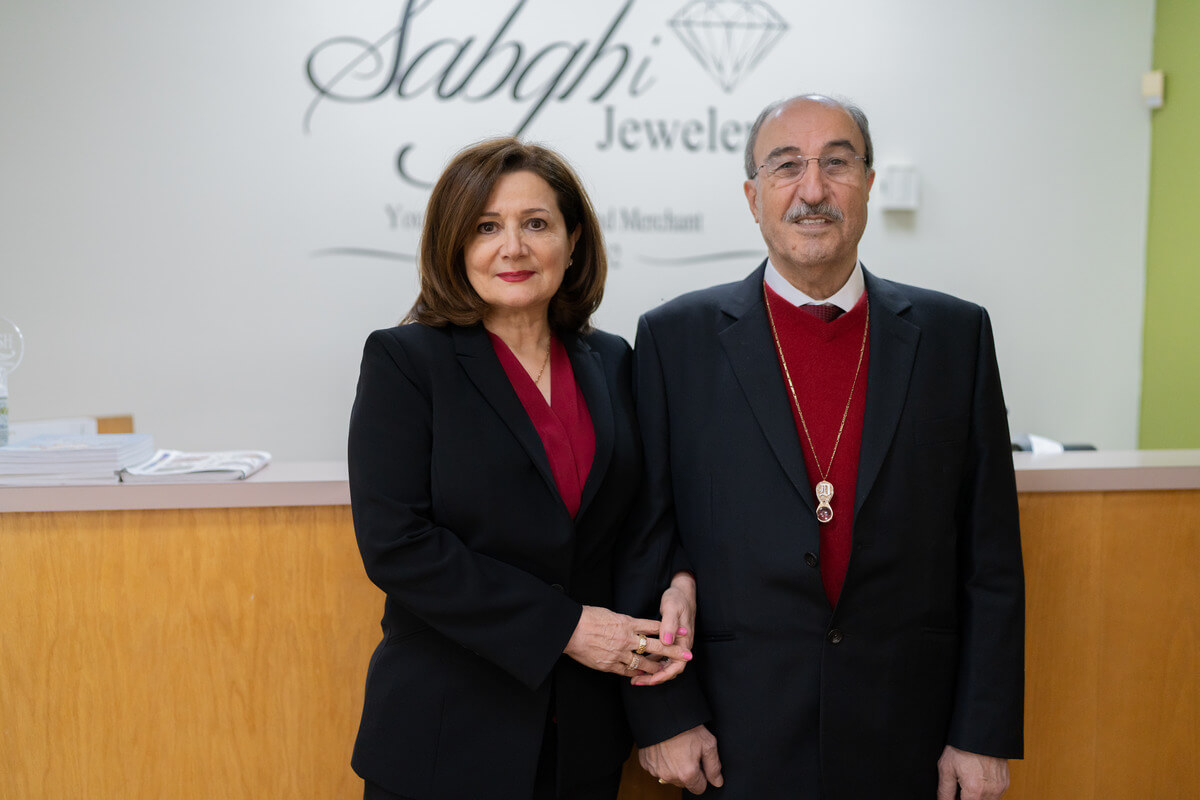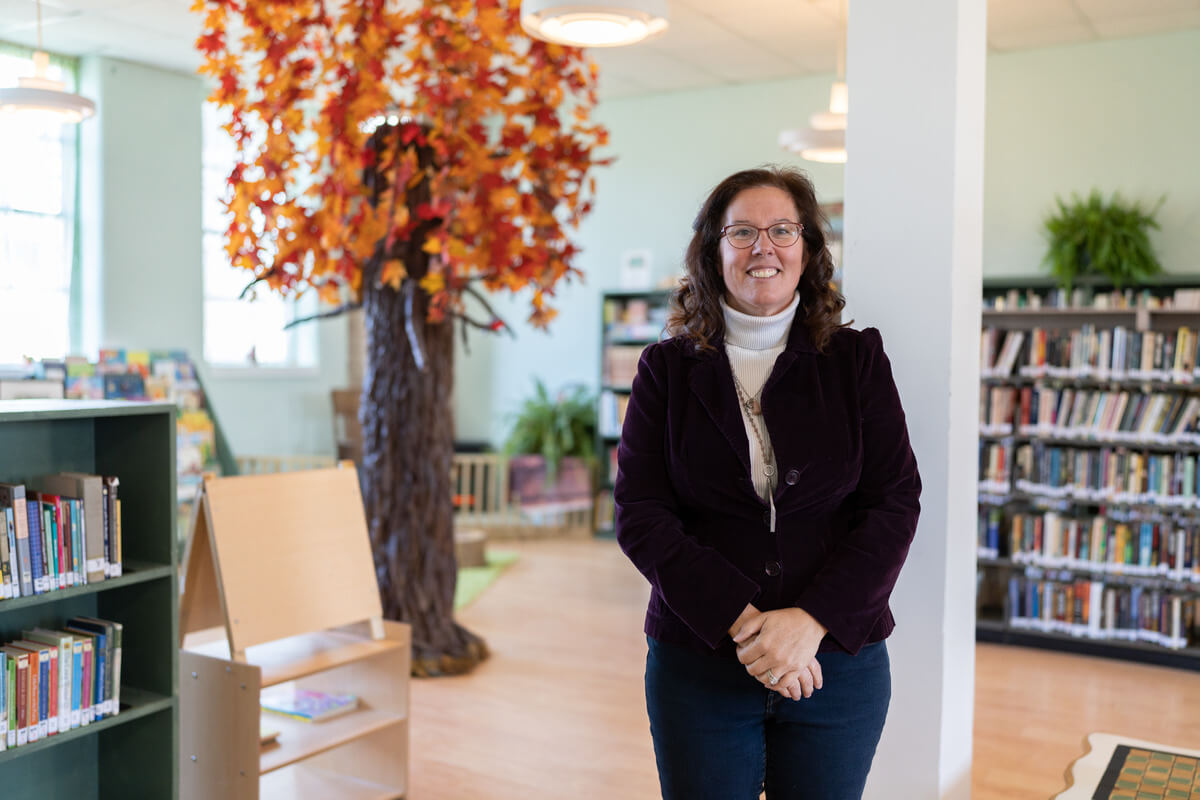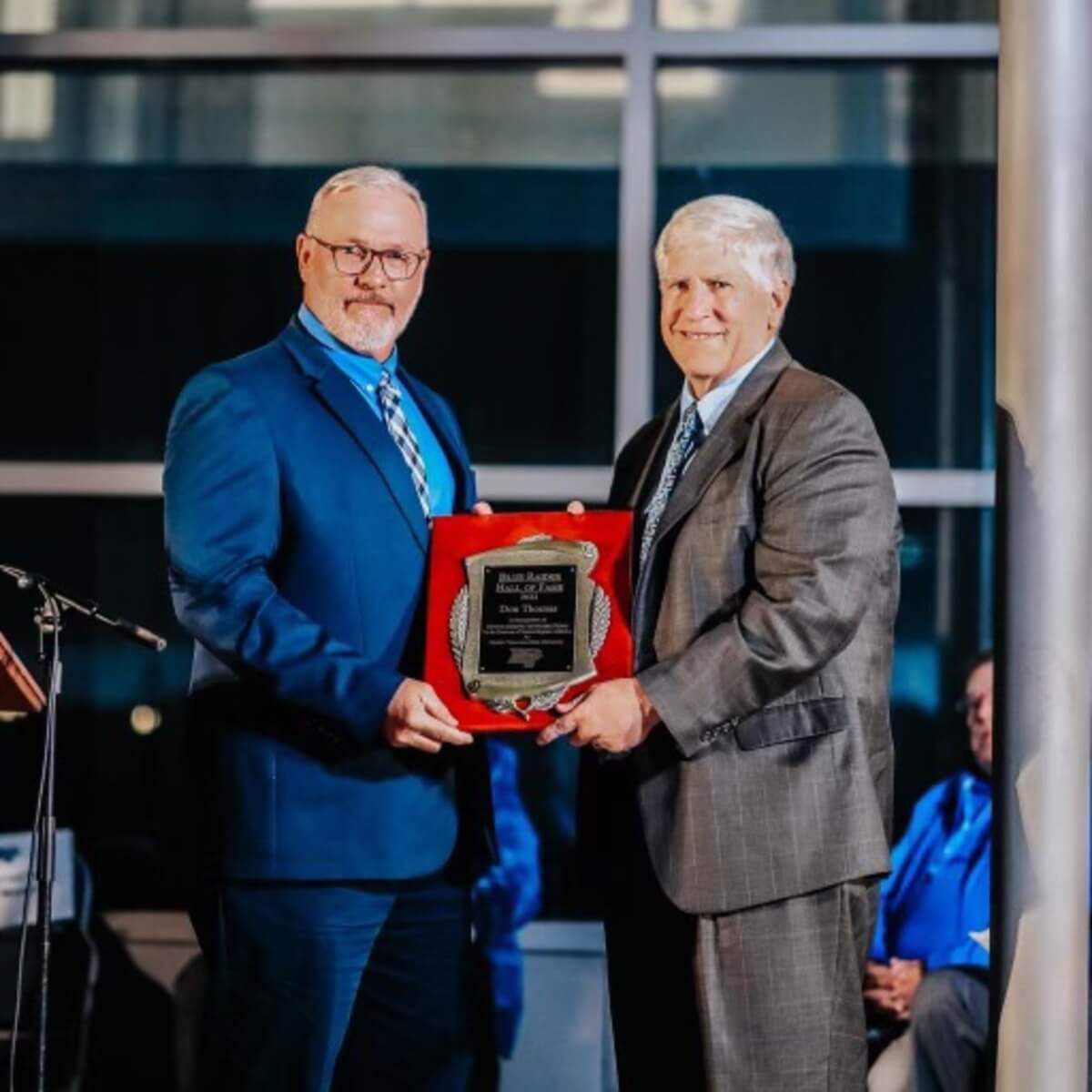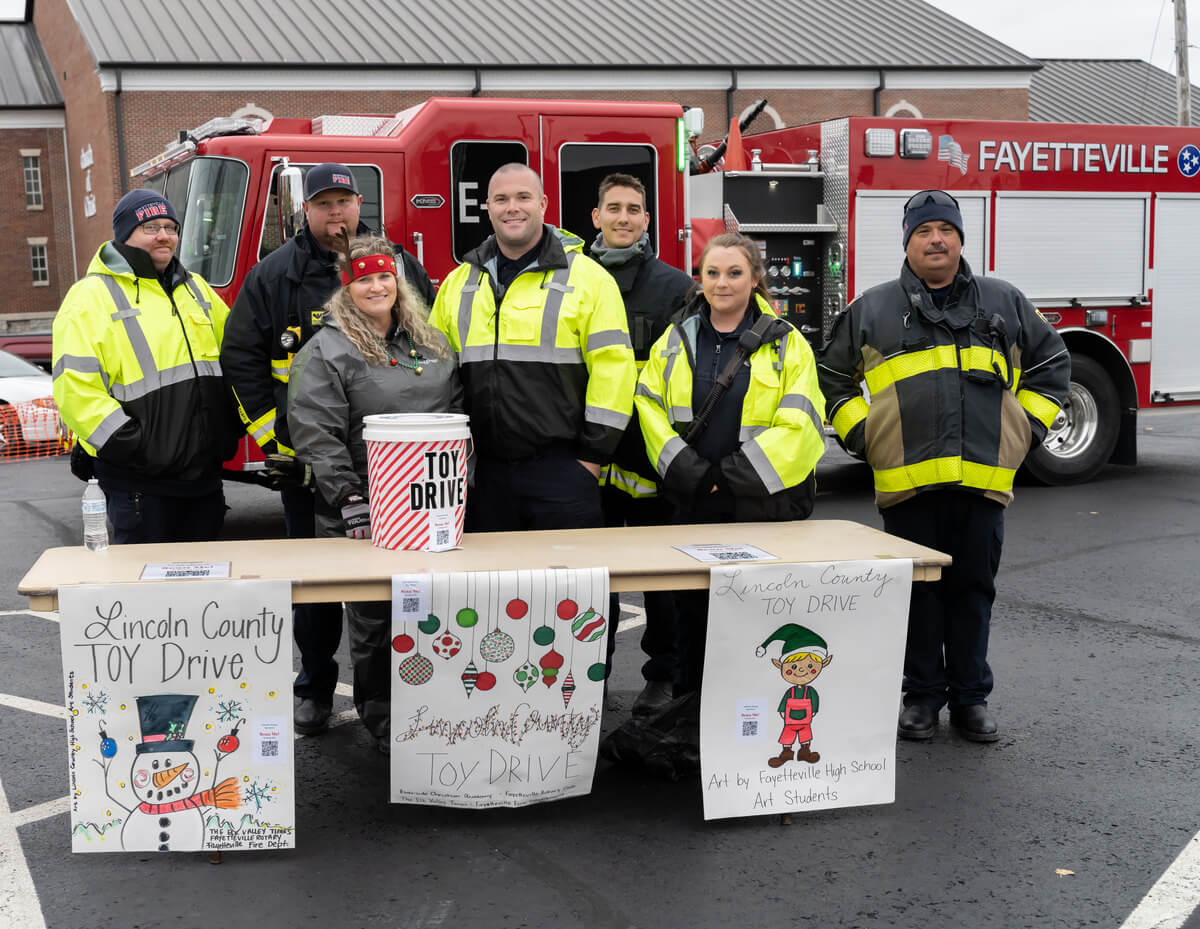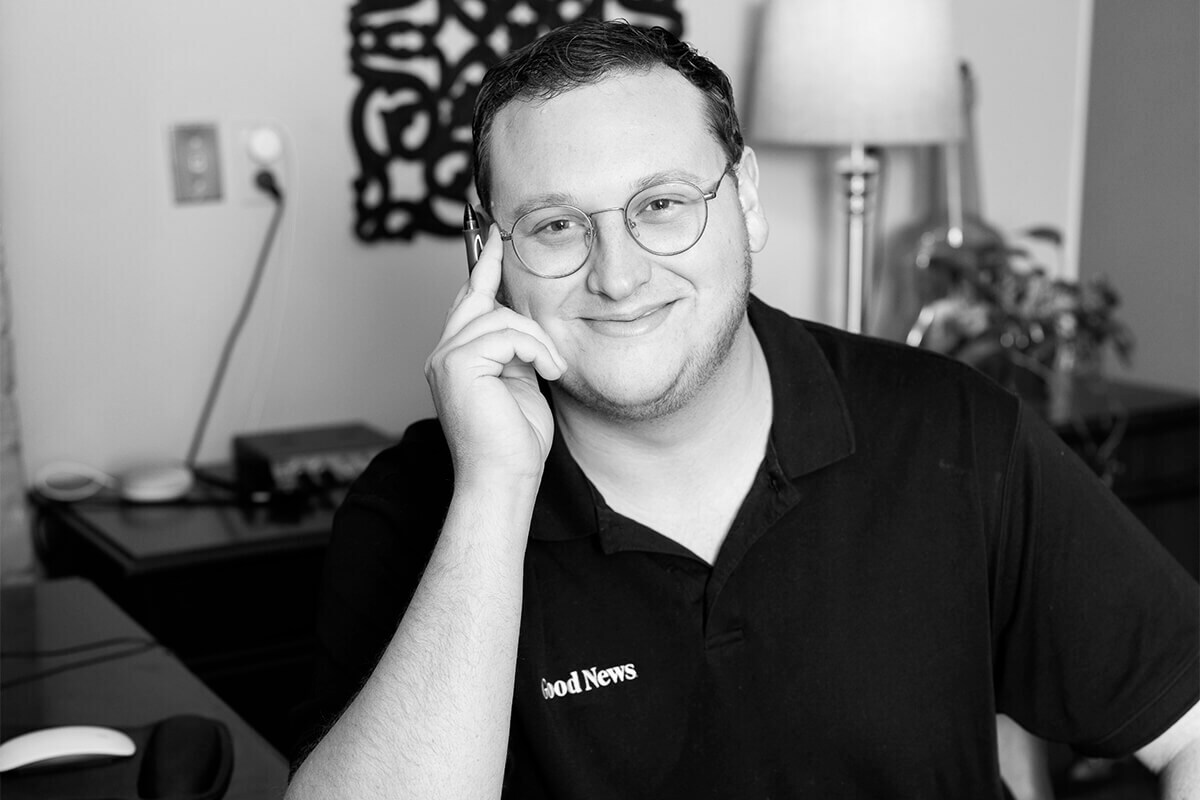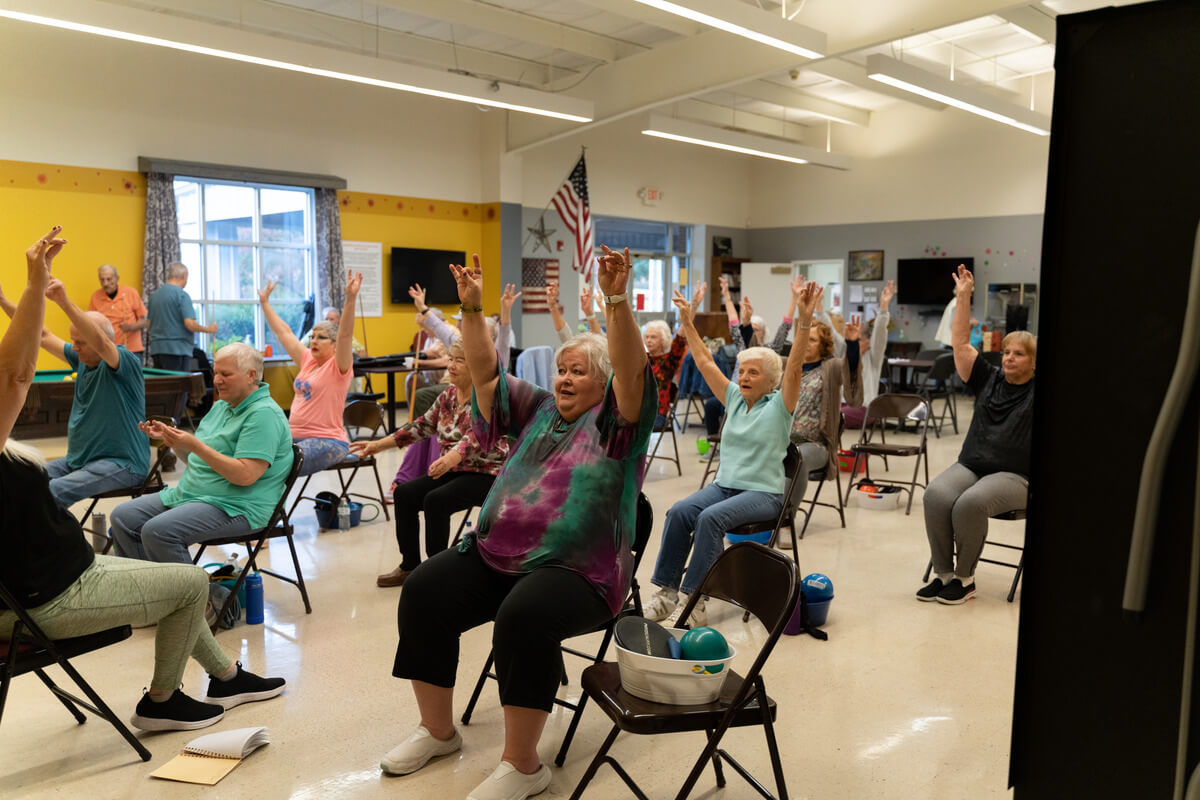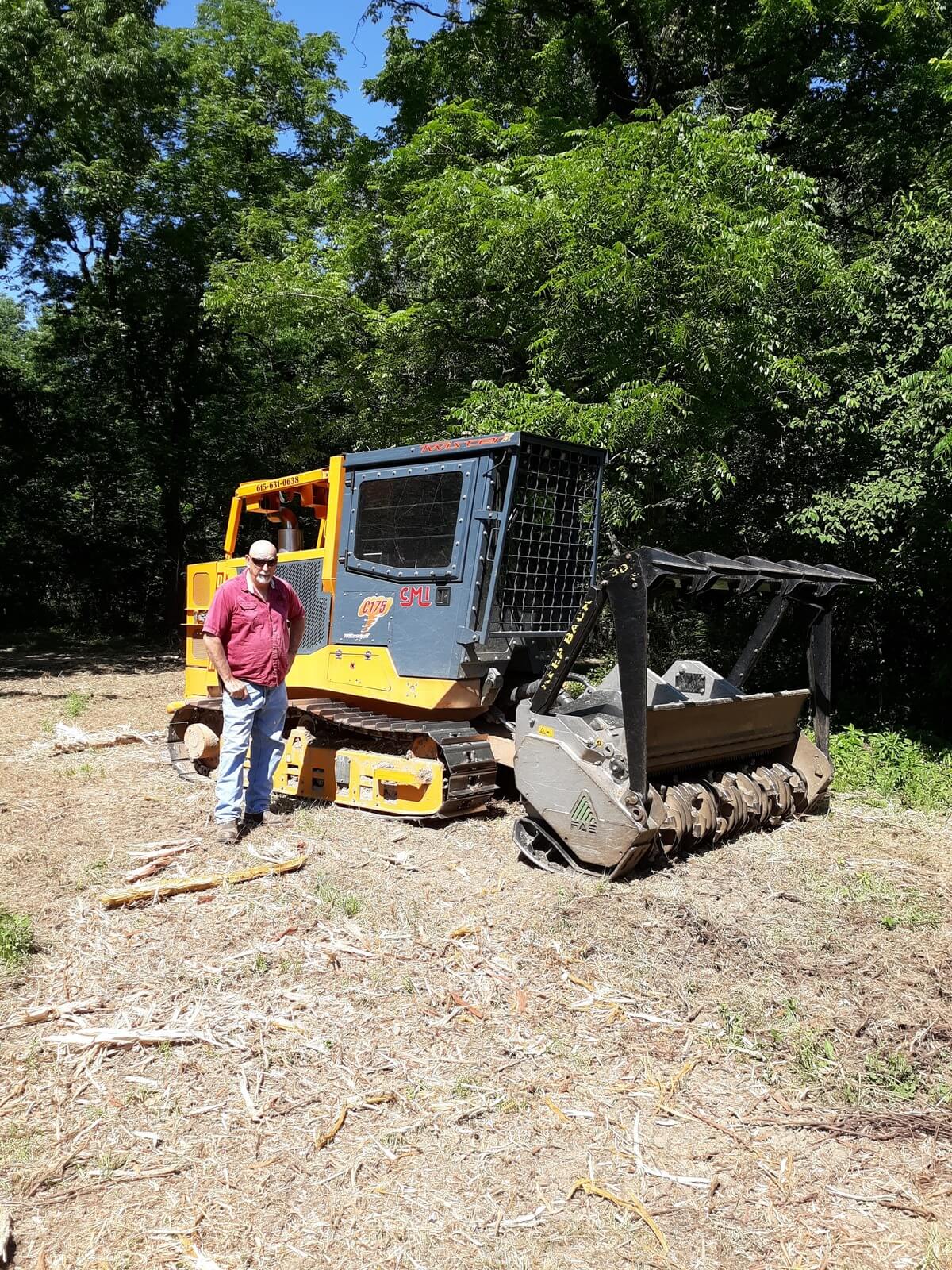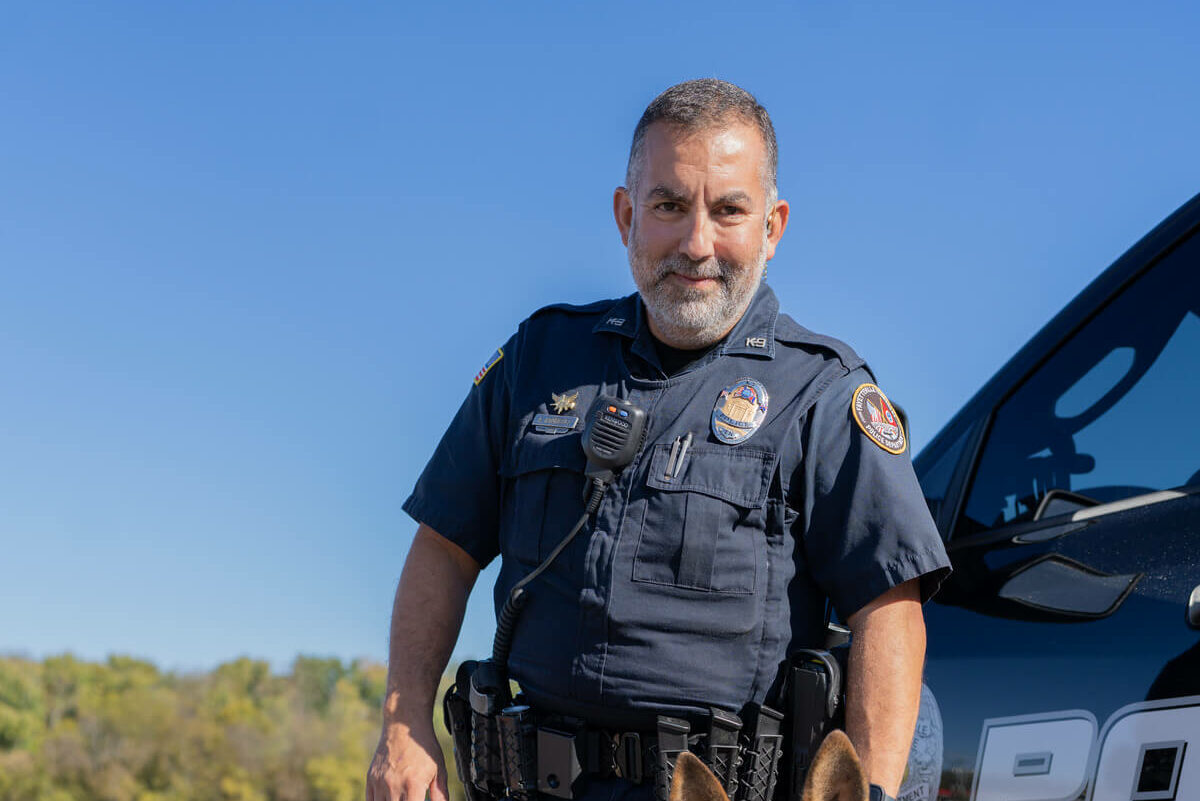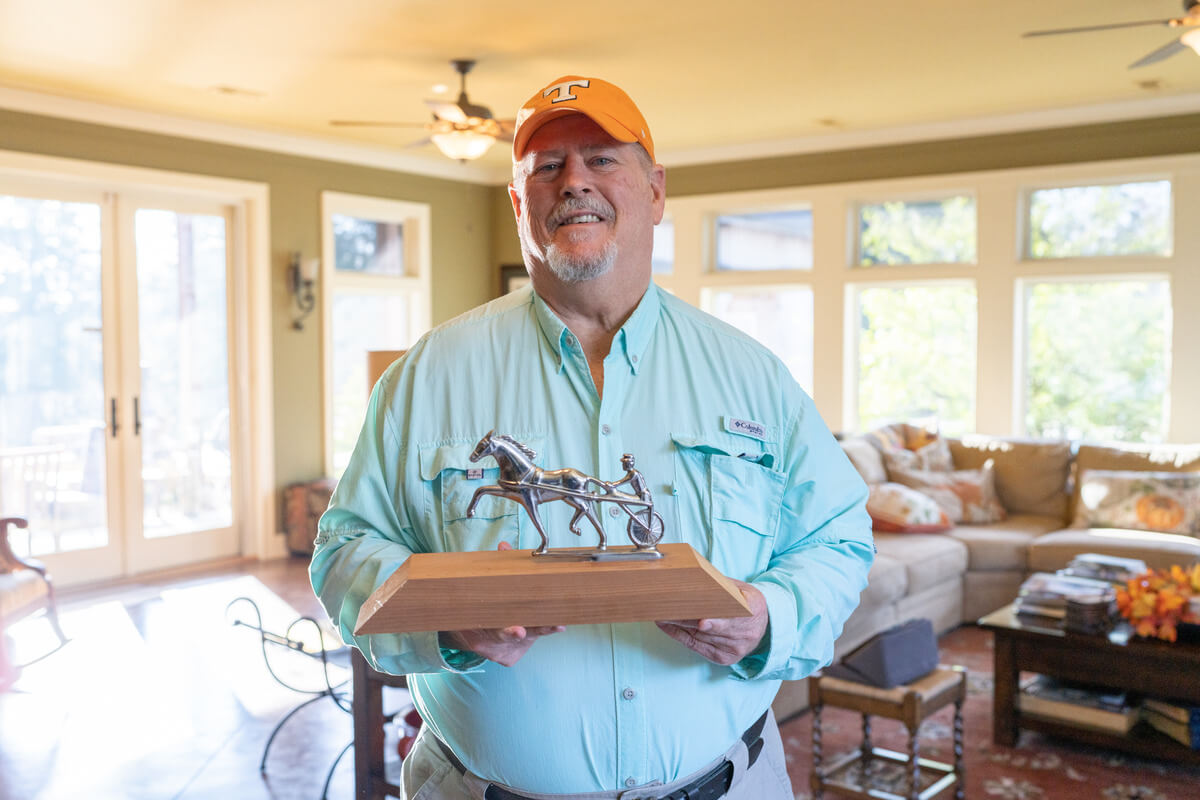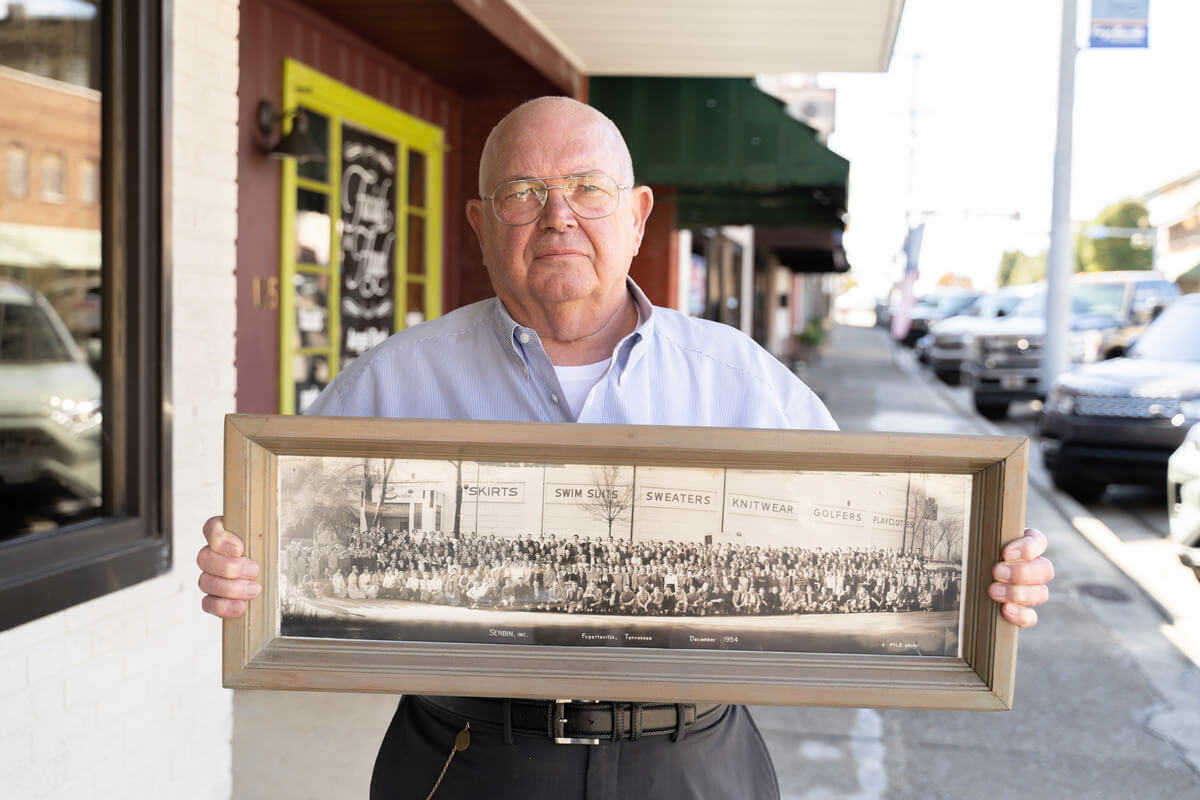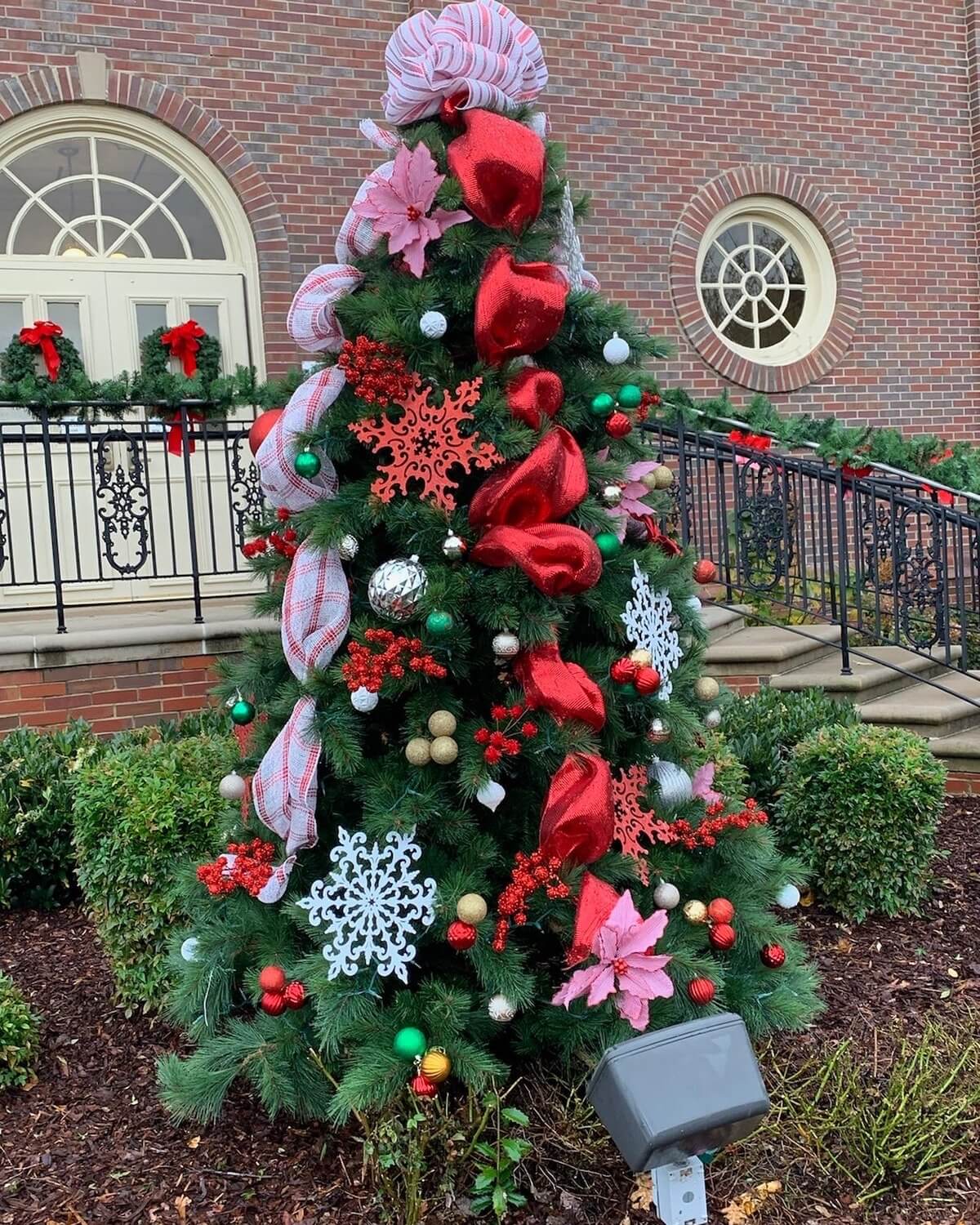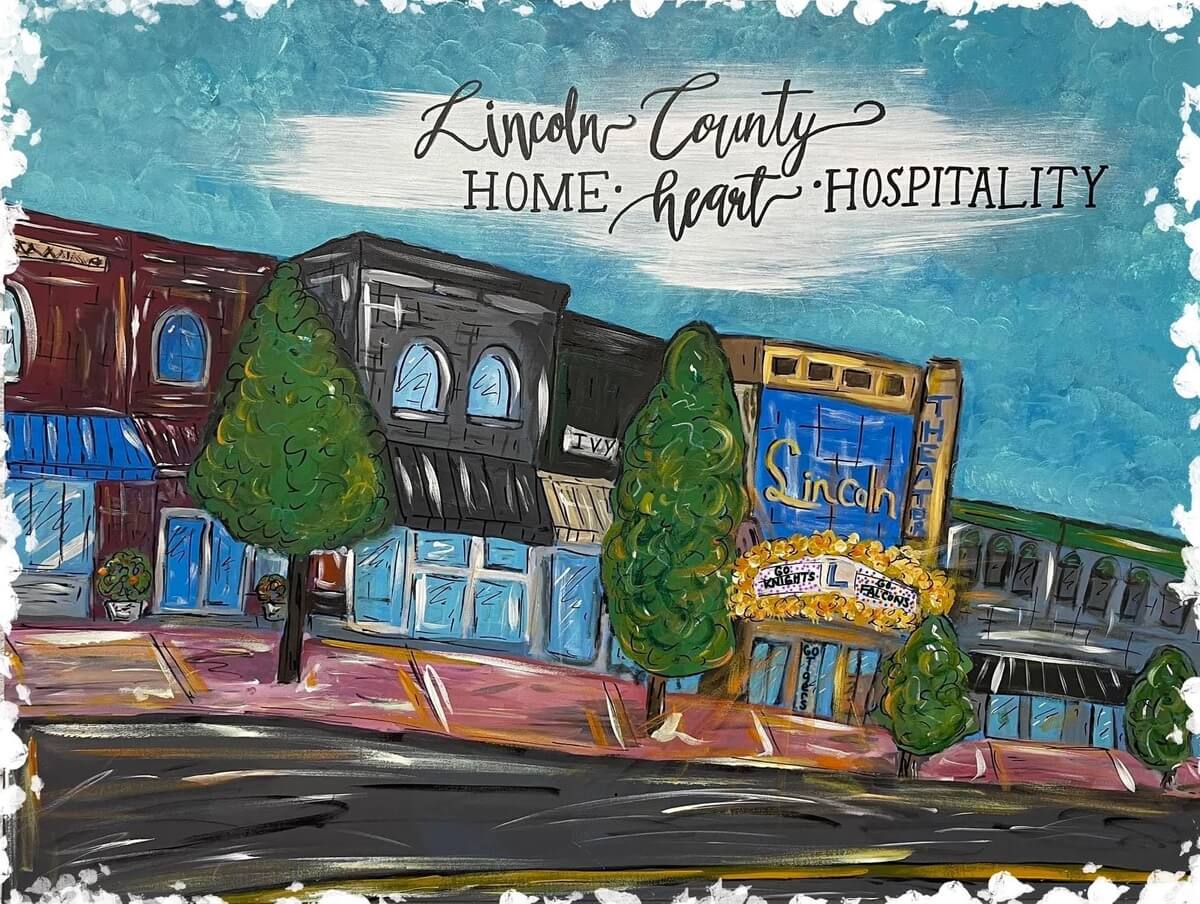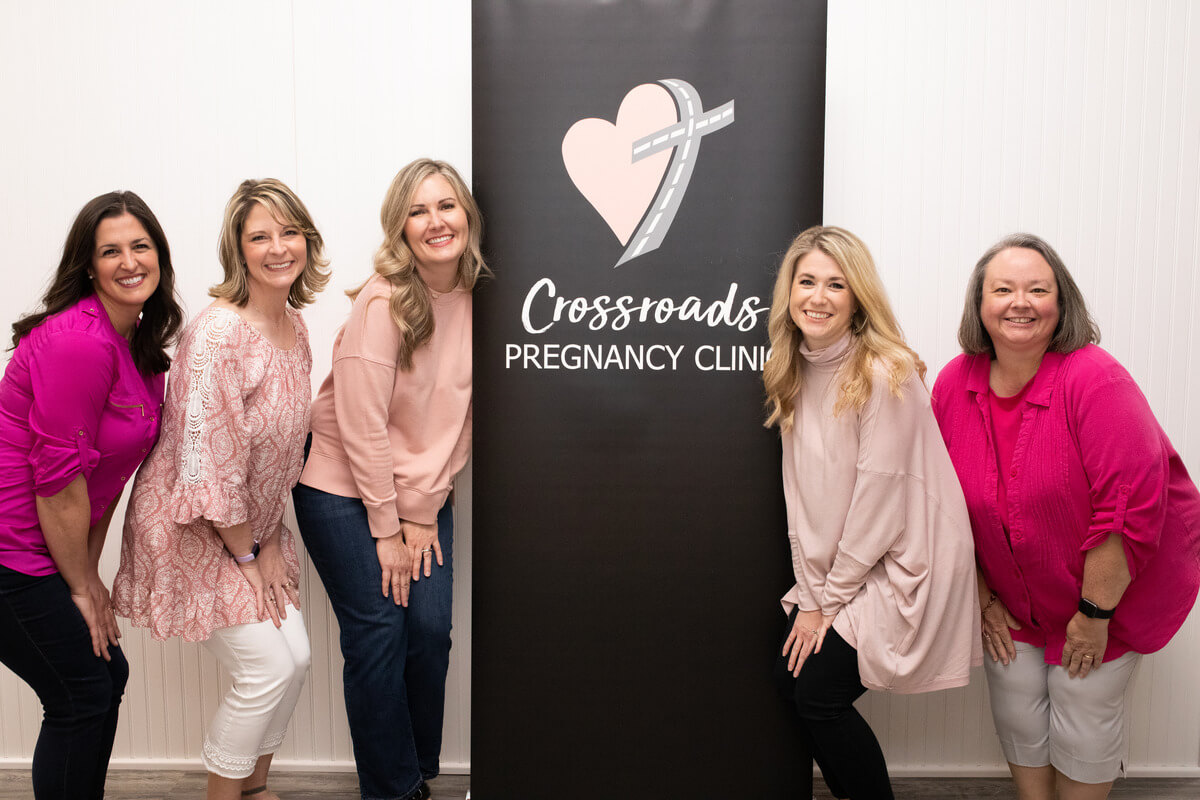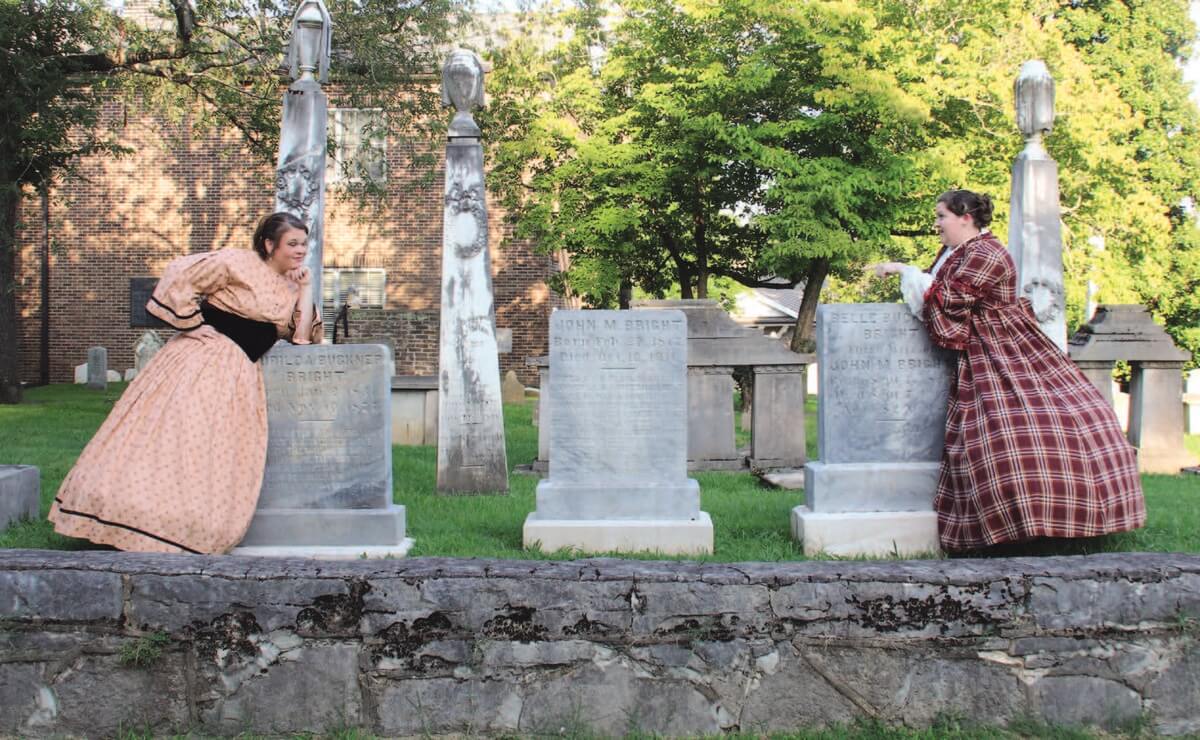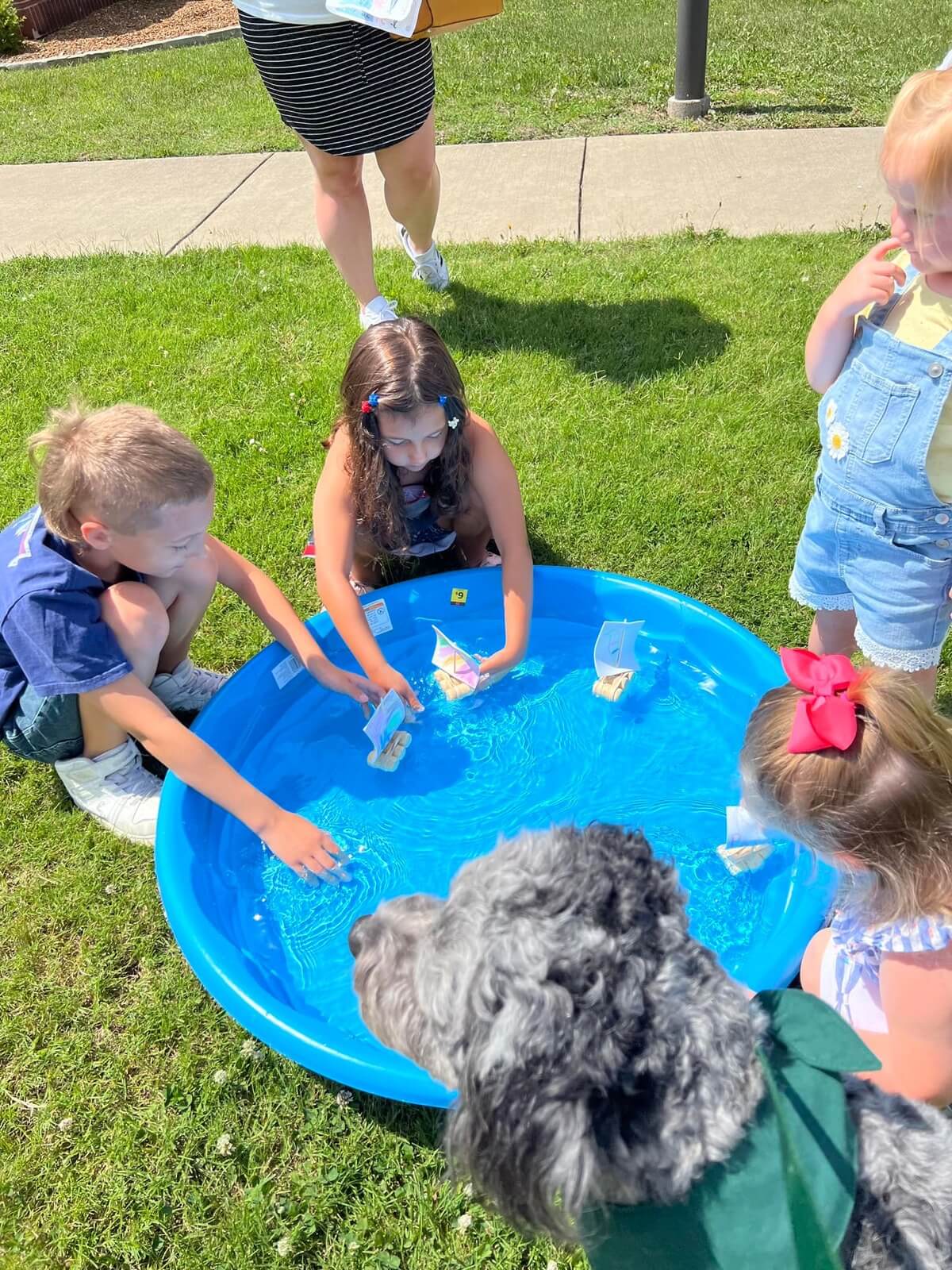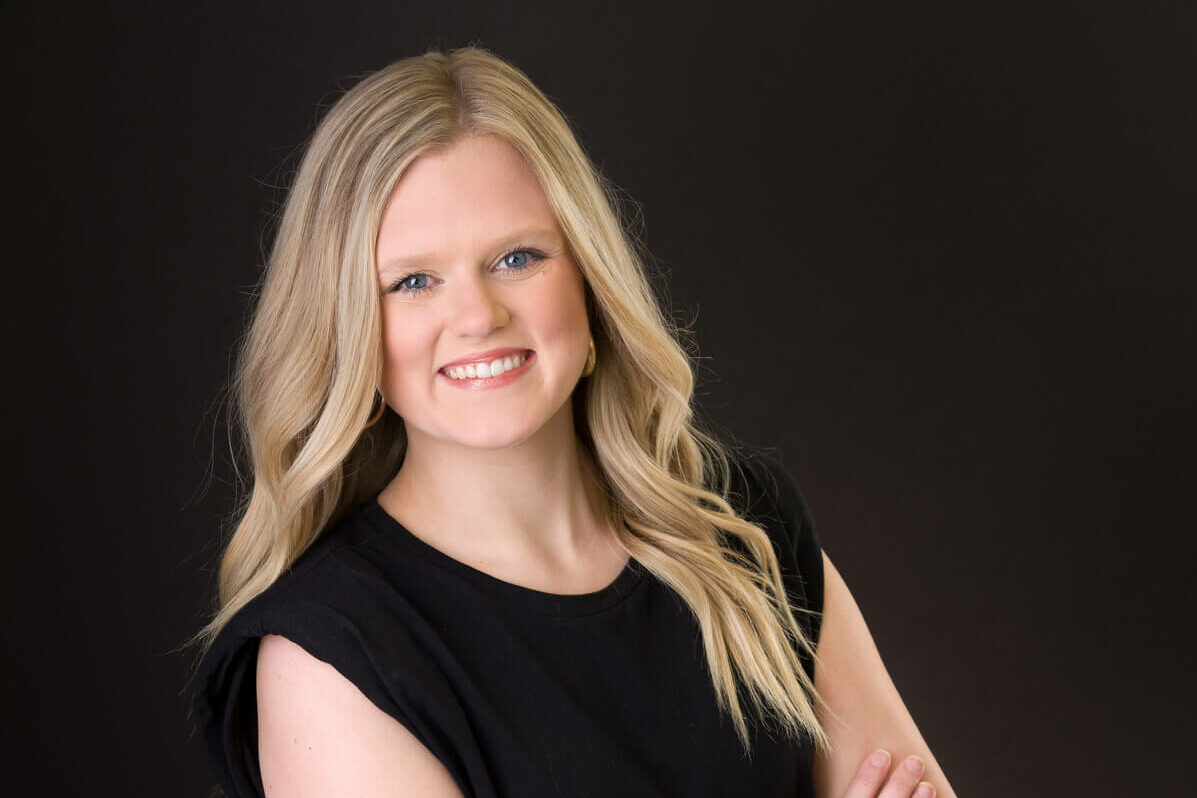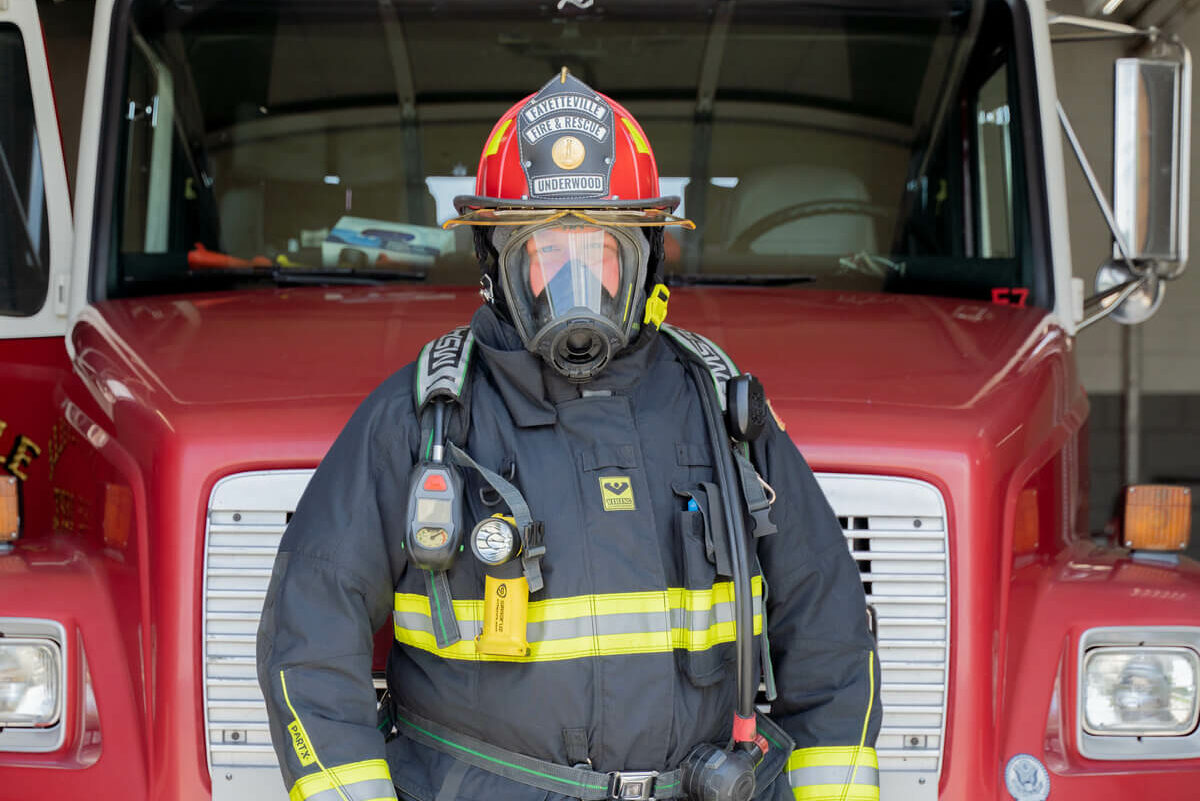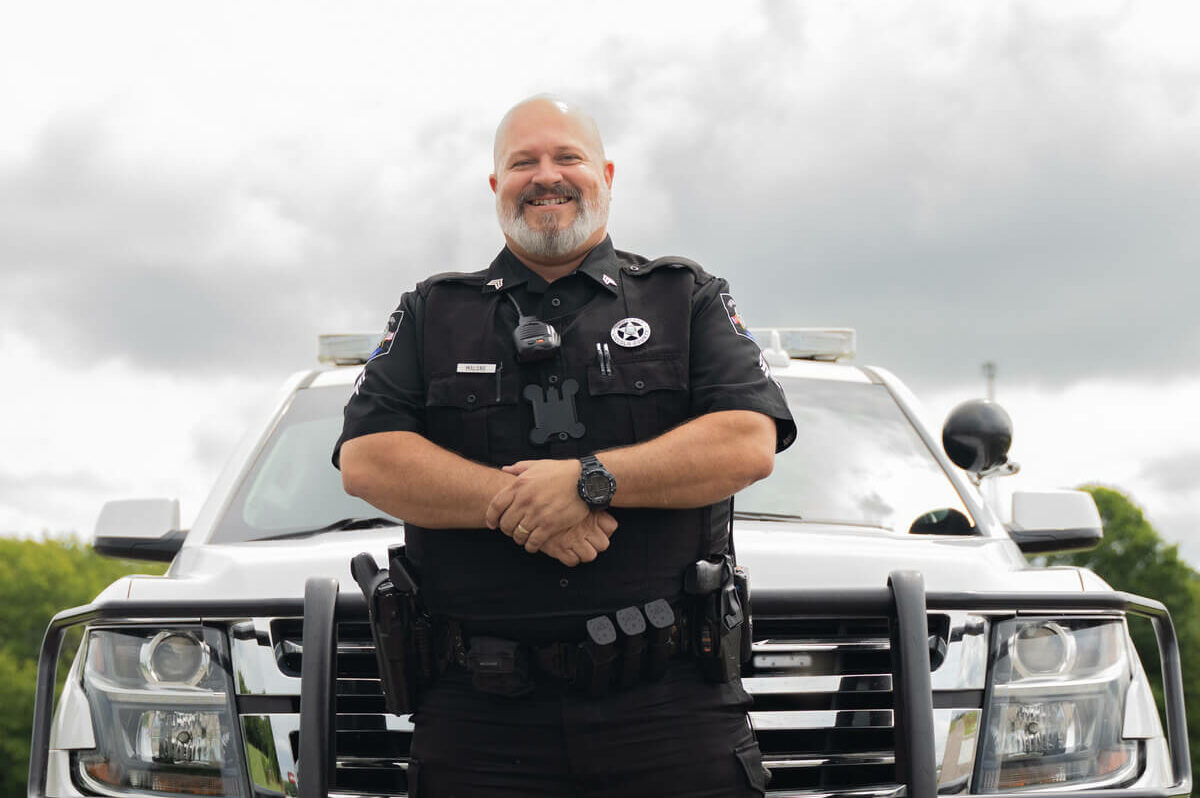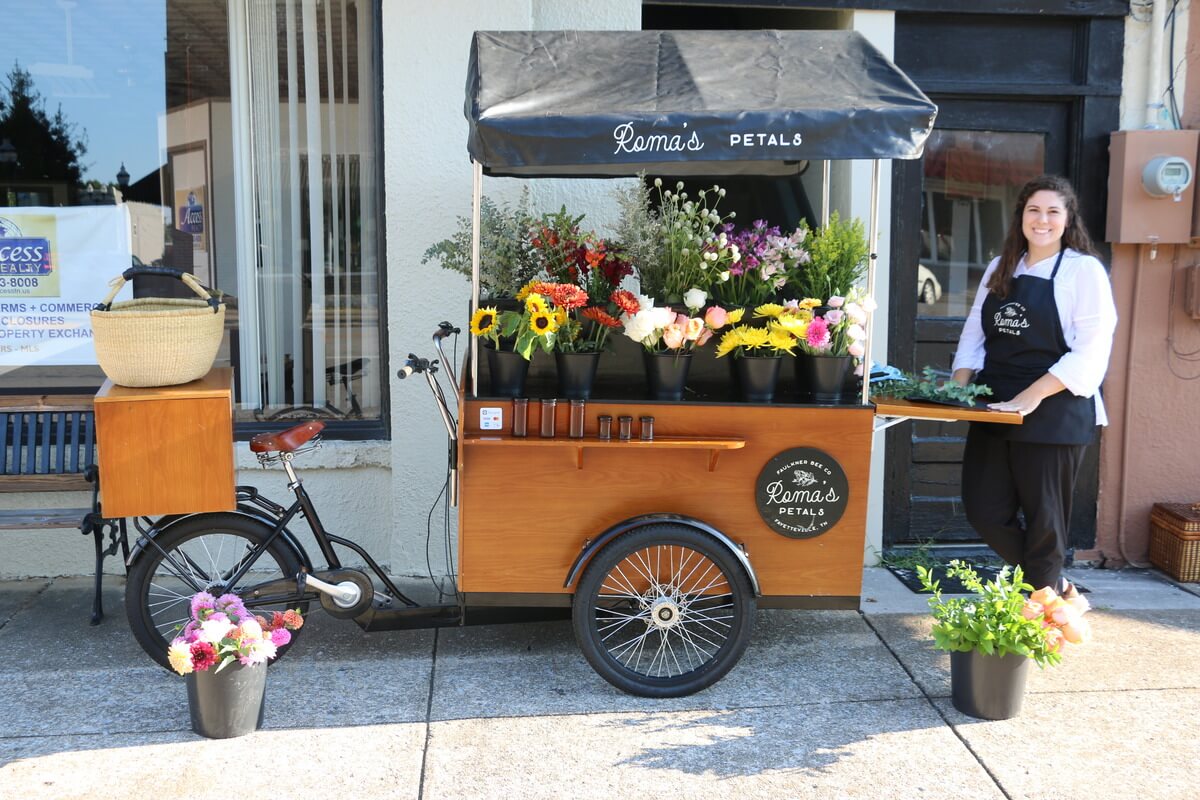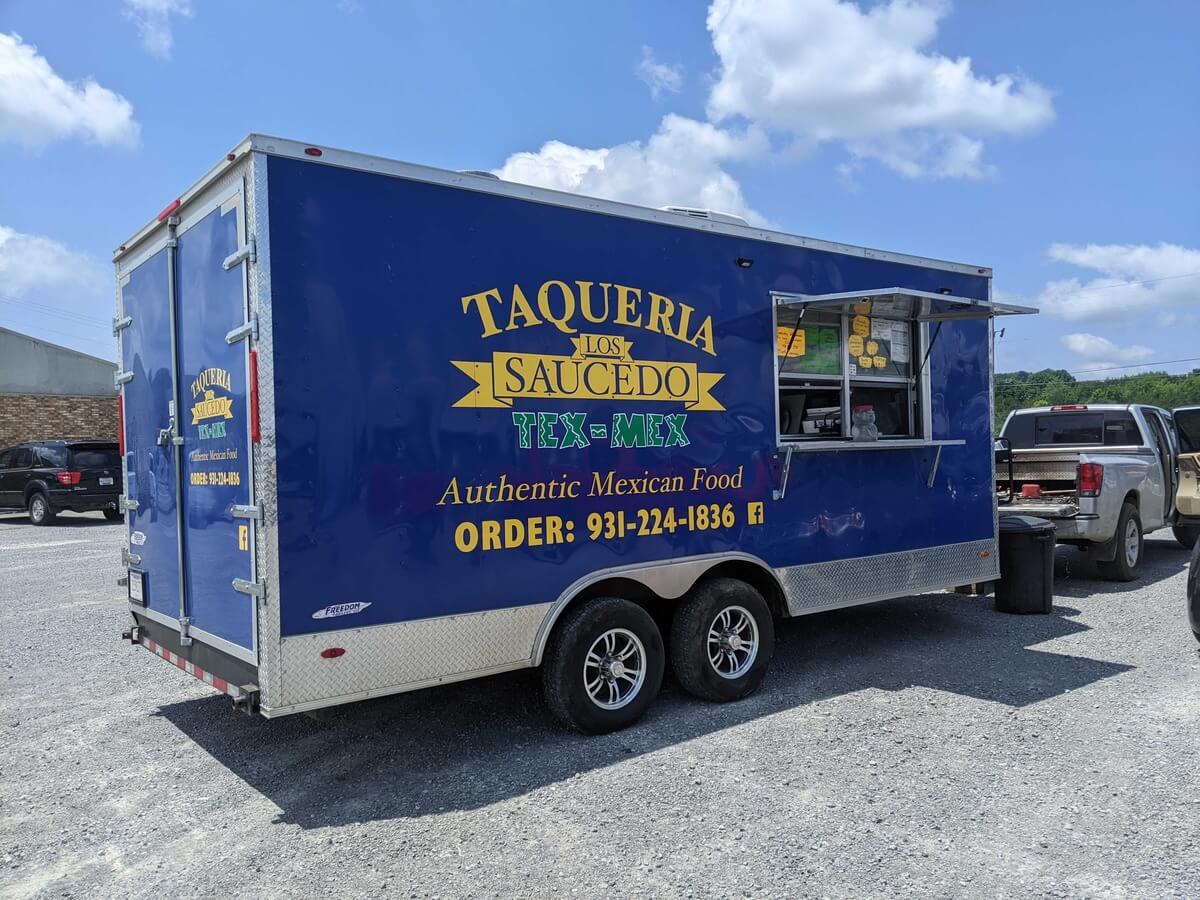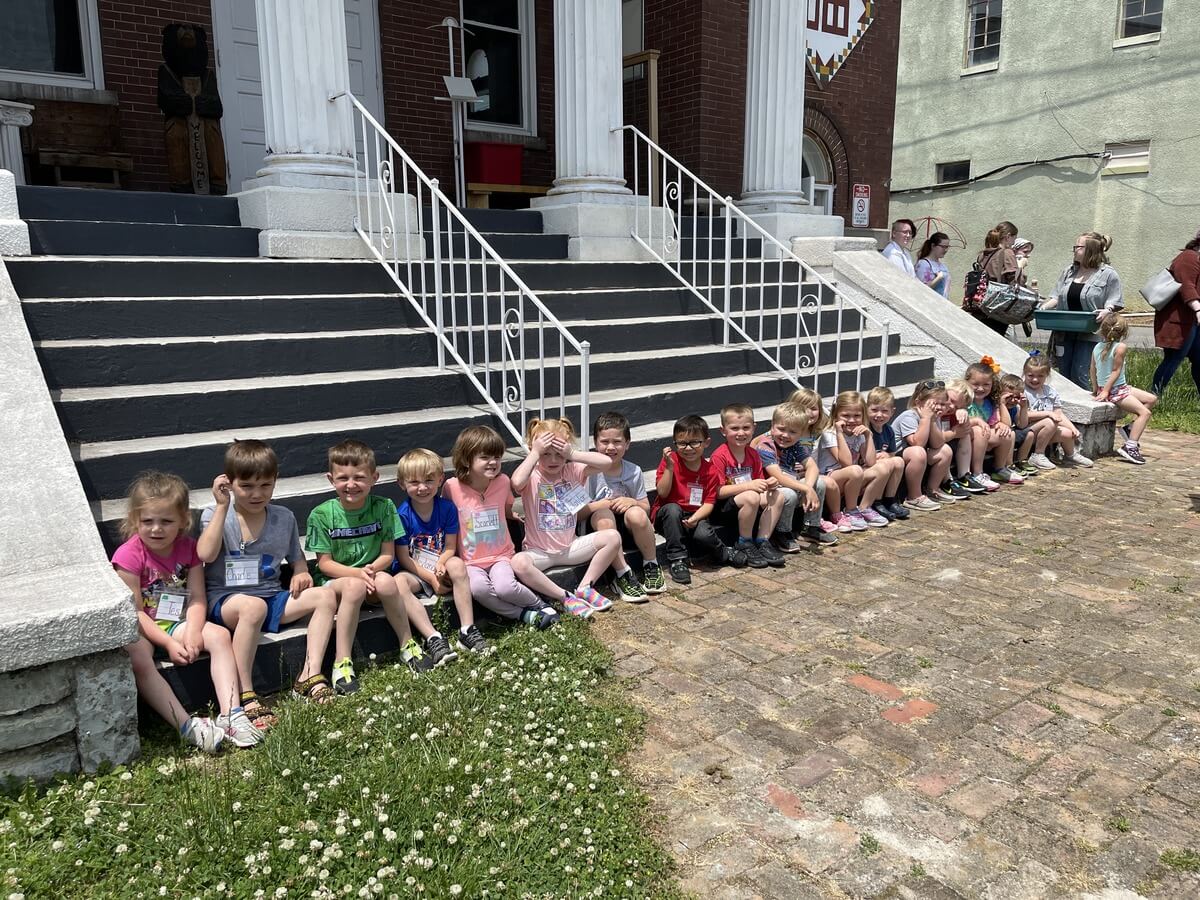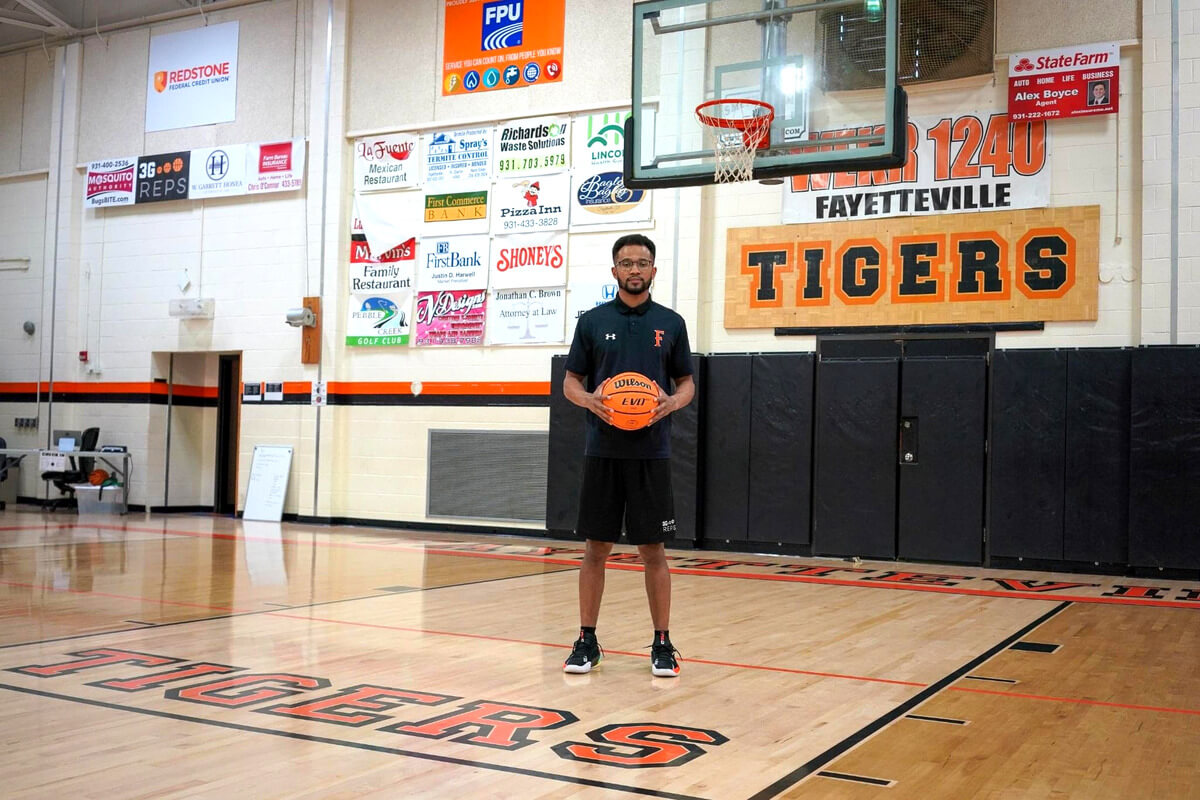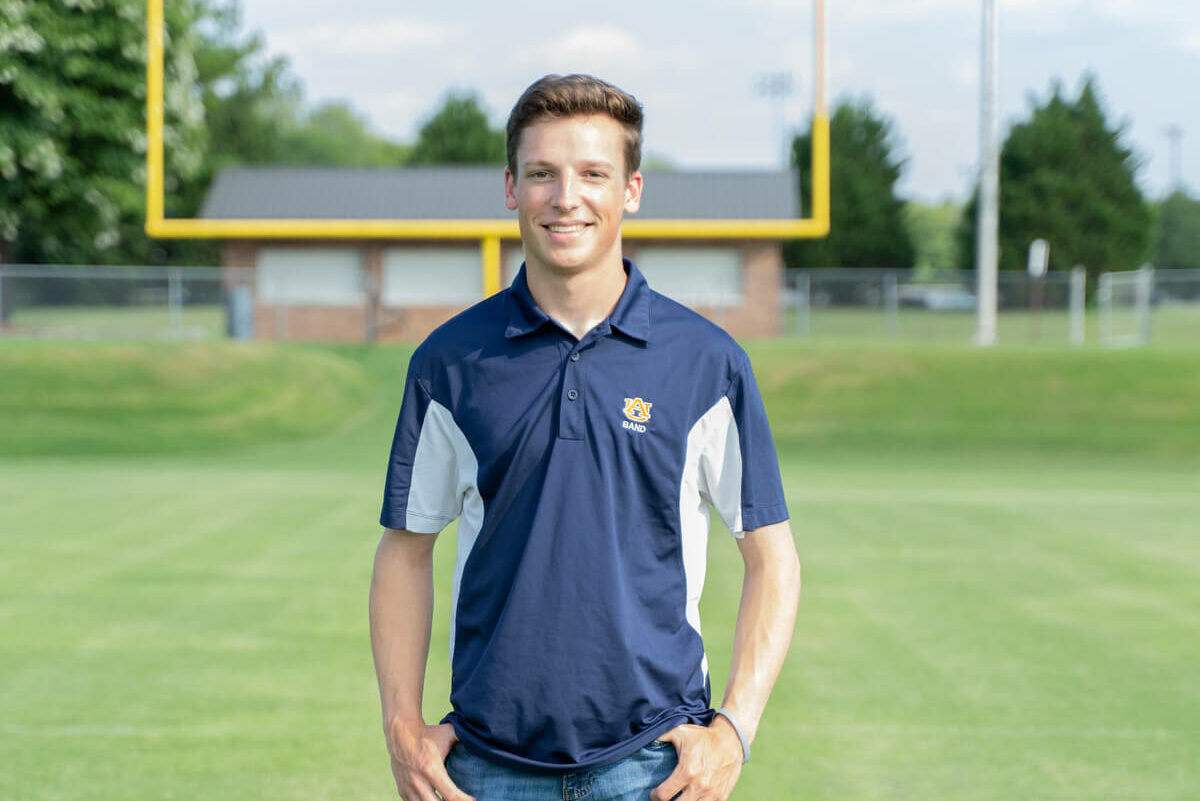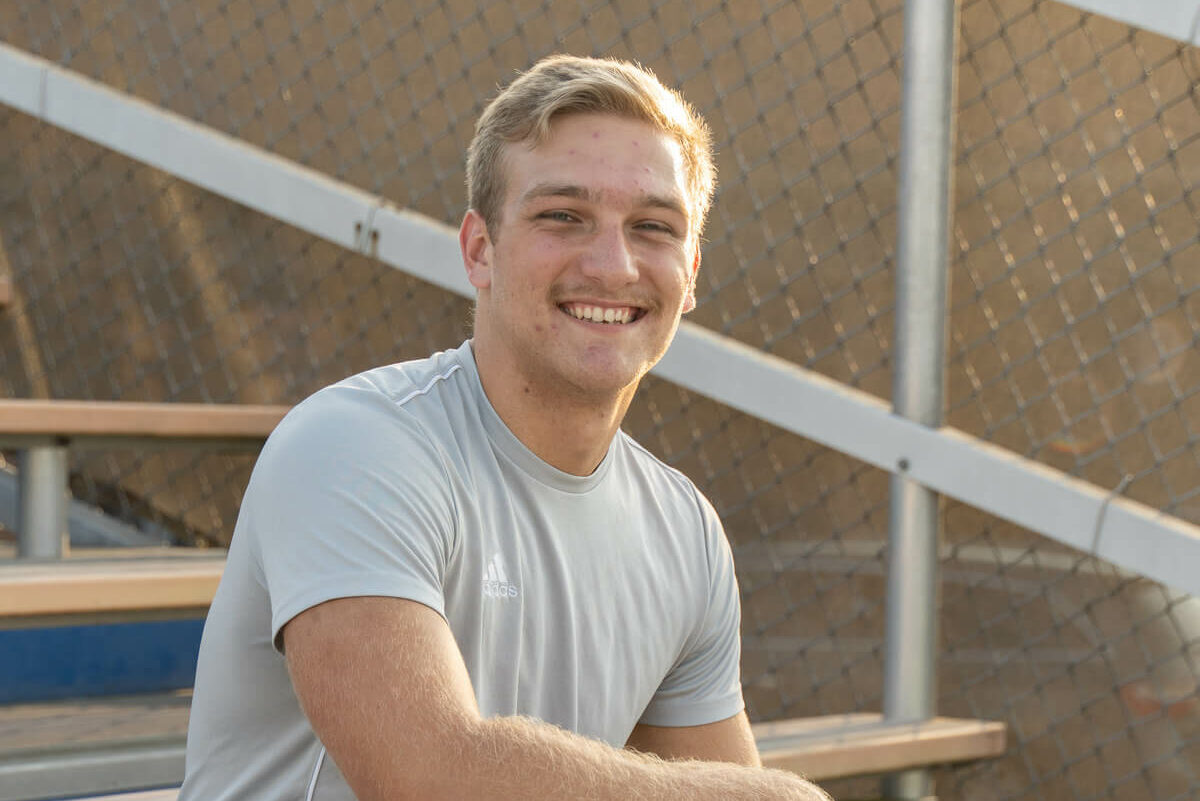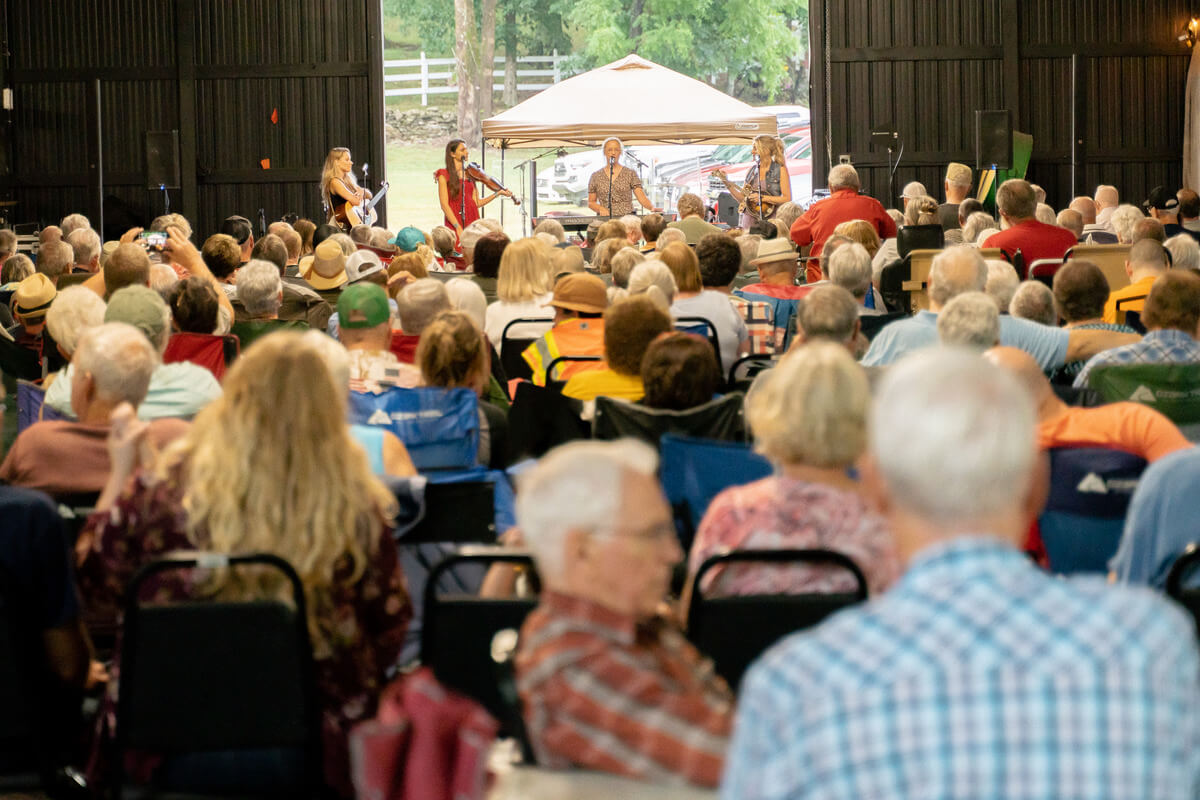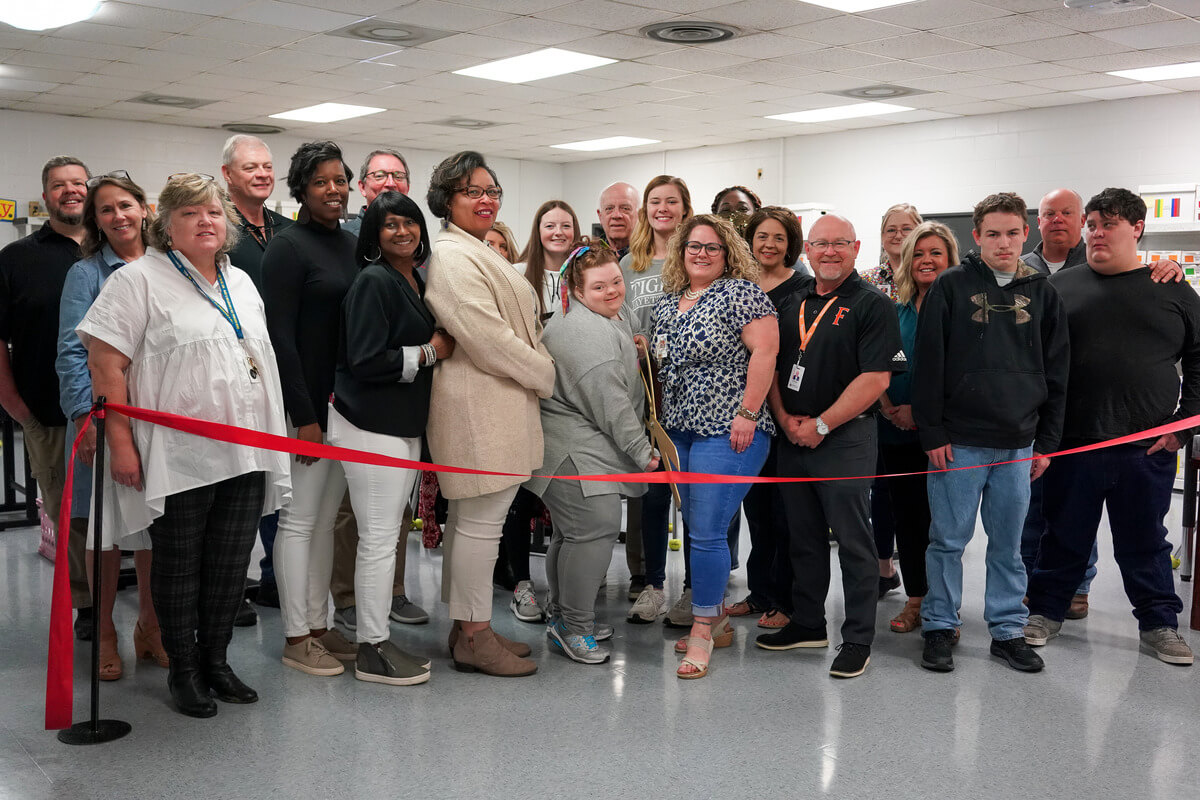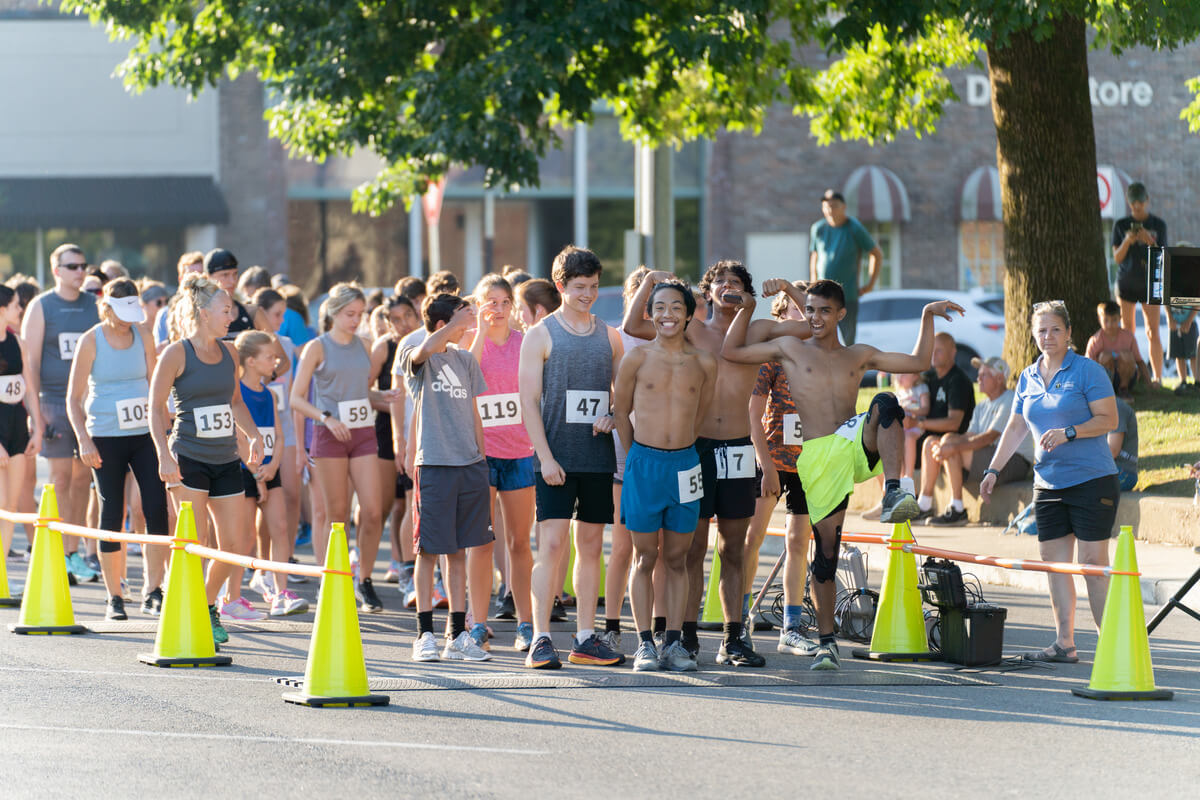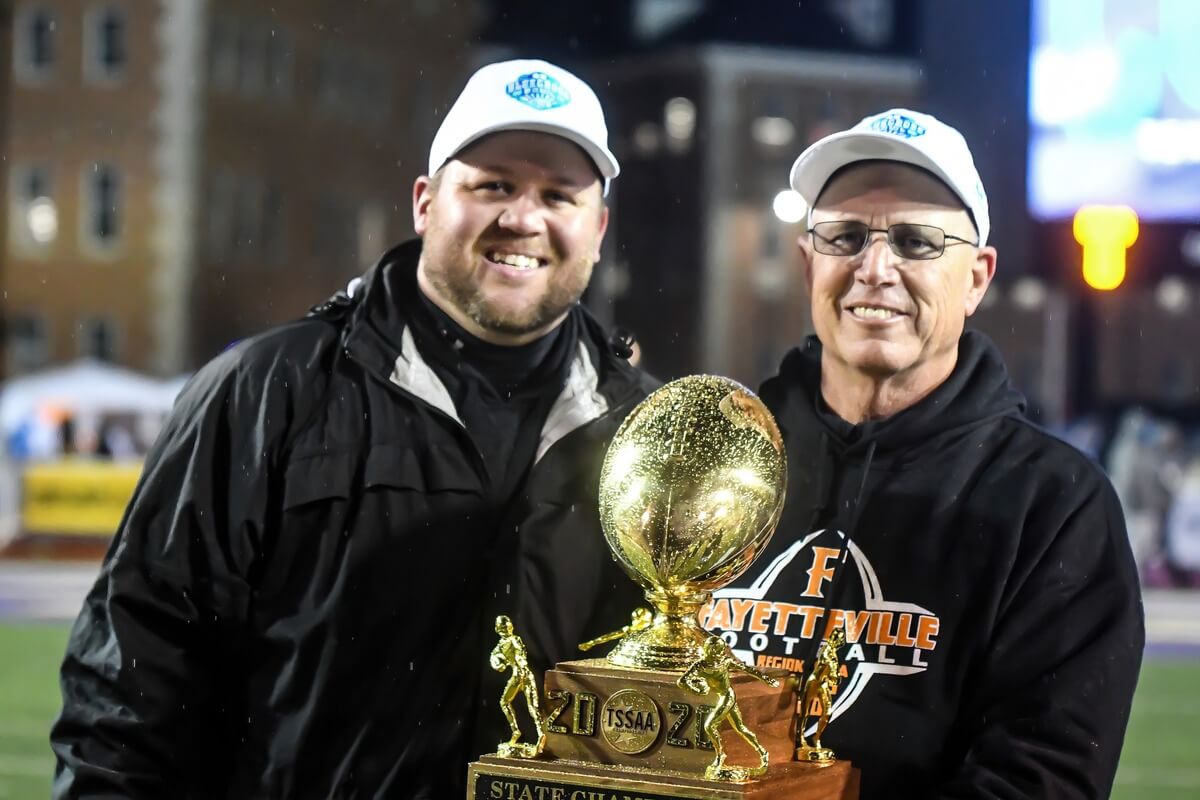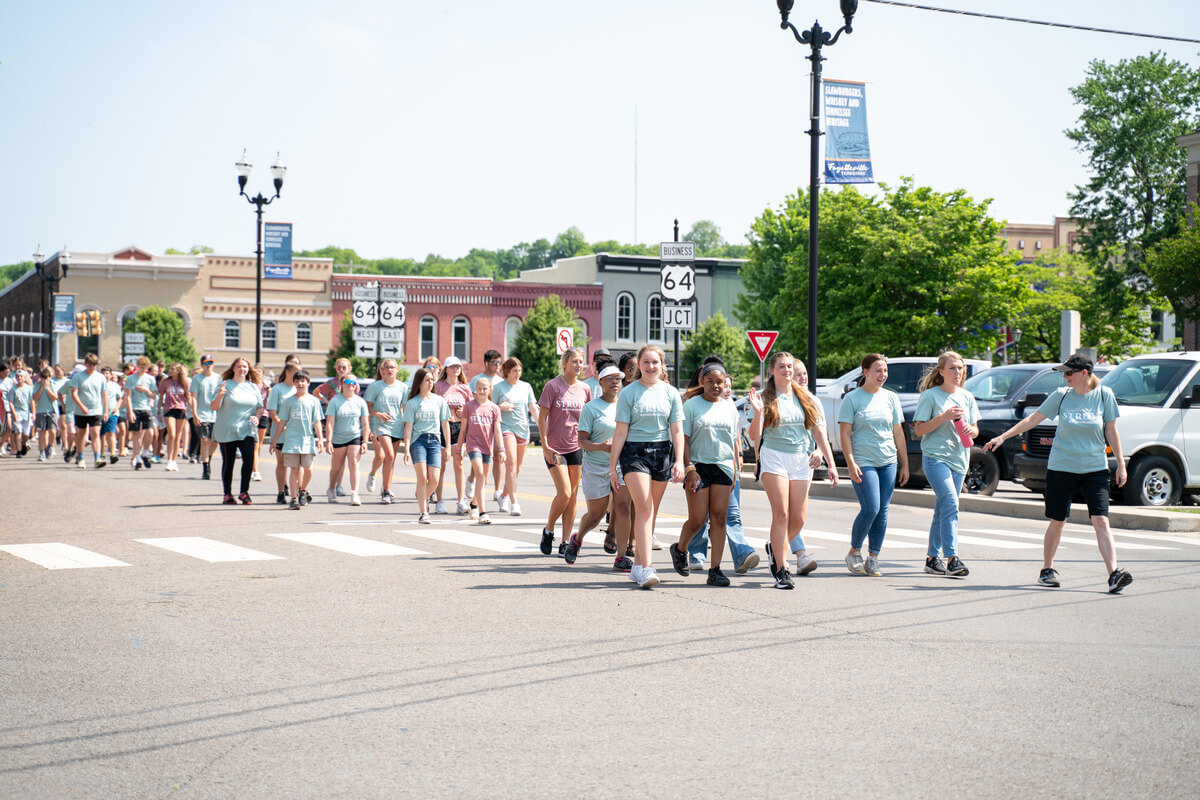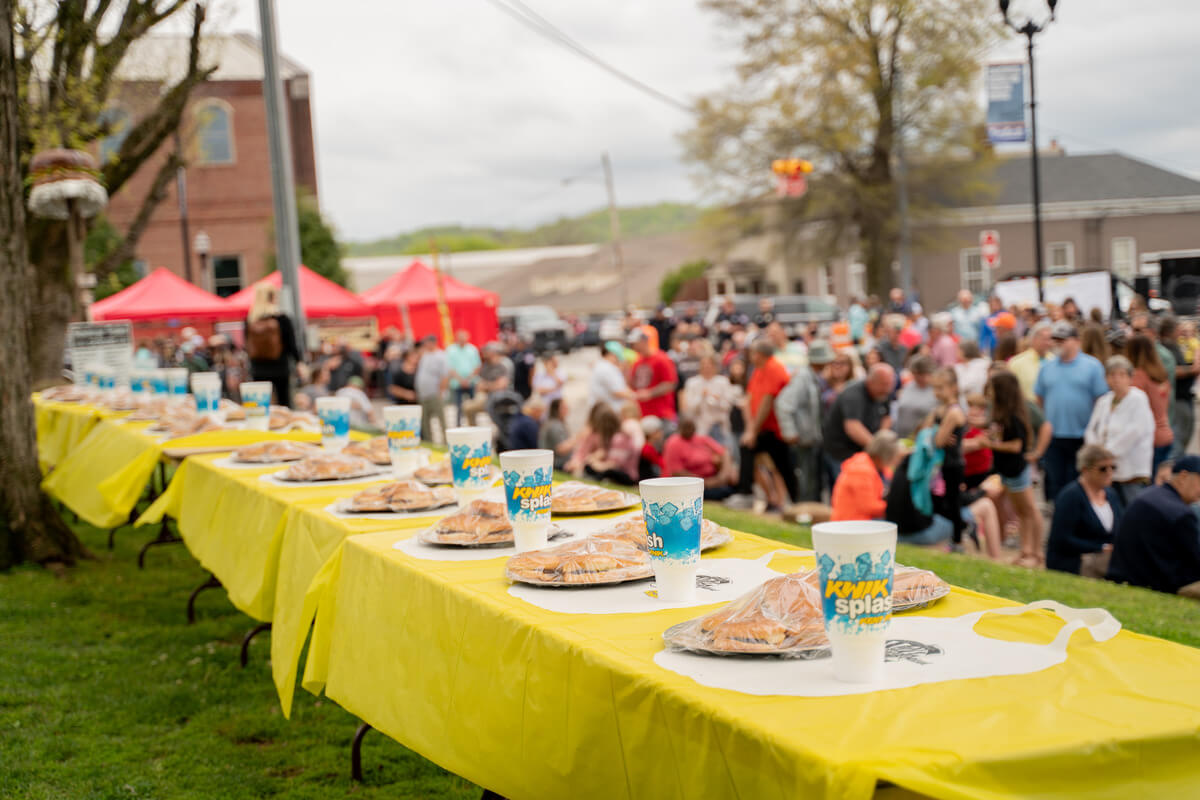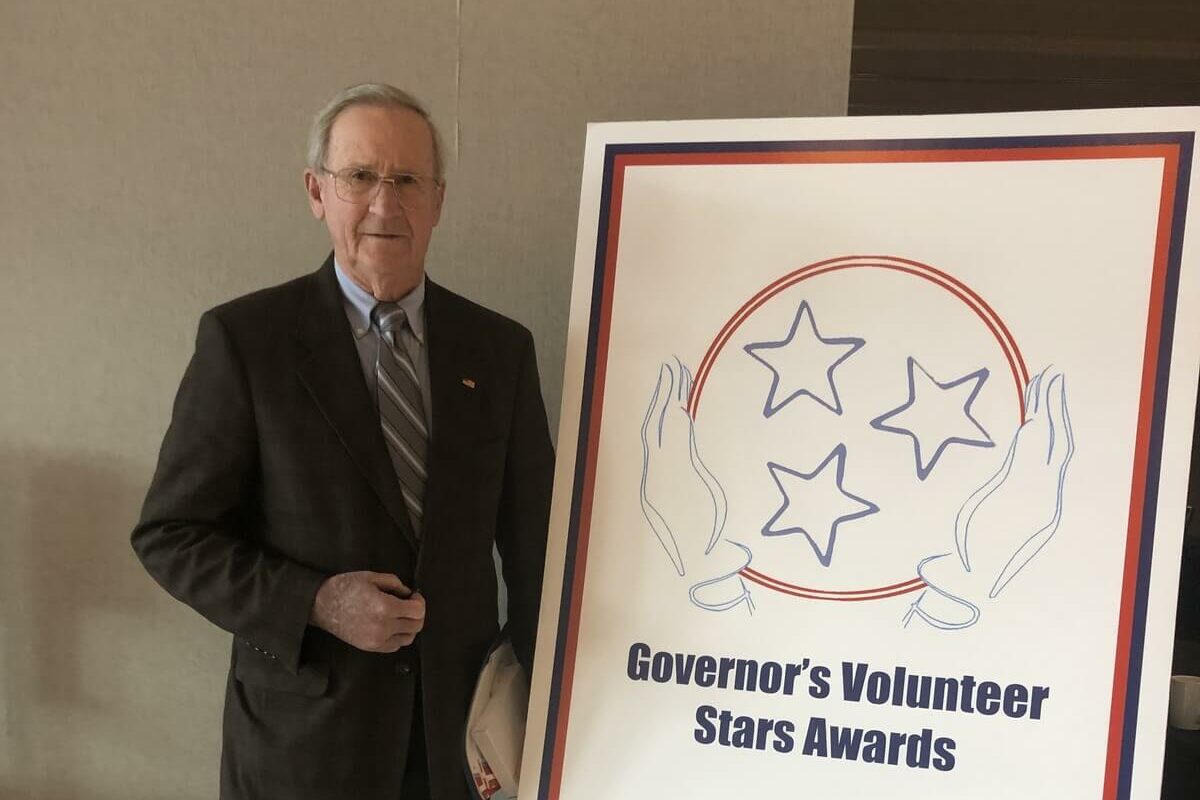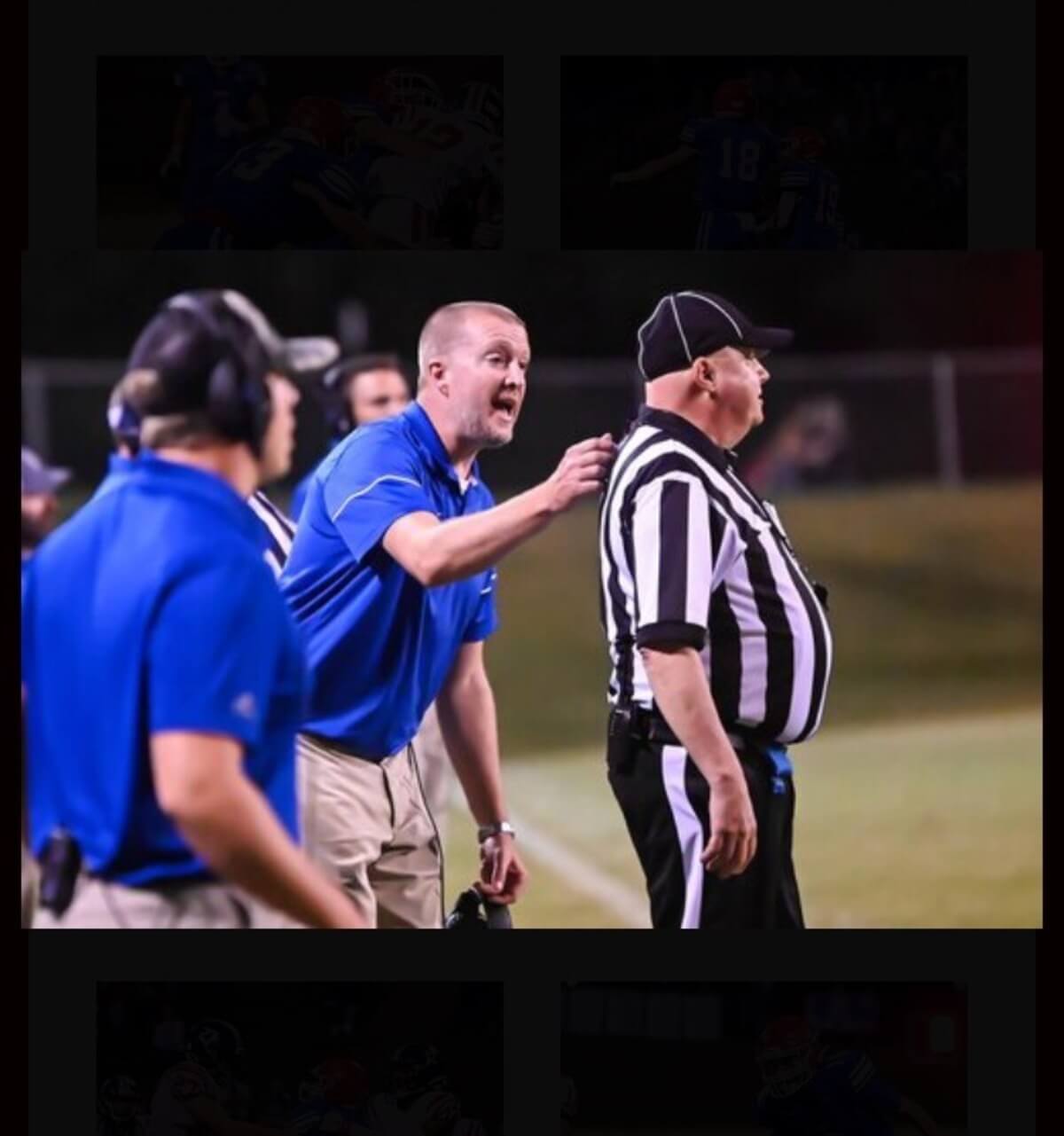OFTEN, WHEN we think about helping someone in need, our minds immediately begin brainstorming what to do. Typical thoughts that come to mind are: “Let’s pay the electric bill. Who can build a ramp for the home? We will buy and bring groceries. How much food will fit in the refrigerator? Here, take these clothes; they might fit the children.” However kind, necessary, and benevolent these thoughts and actions may be, they are truly only touching the surface.
A greater need exists—a need so great that it’s probable that many of us are experiencing it ourselves. This need lurks and often aches deep below the visible surface. It is hard to see but equally as hard to ignore when it goes unmet. It can tug at and wear down your entire being. The need is for connection. A connection point could be someone calling to check on you consistently and genuinely. Fulfilling the need for connection might be someone sitting across from you, locking eyes, and simply listening to you with no agenda or advice. As humans, we all need someone to care for us. However, this need amplifies during difficult times.
Tara Johnsey, a physical therapist assistant in our community, is a woman who has devoted herself to meeting the needs of others. Not only does she care for others as a part of her routine 9 to 5 workday, but additionally, she commits herself to care and connect with others as a Stephen Minister. Don’t let the formality scare you. A Stephen Minister is simply someone who is willing to consistently show up and care for another person.
Though simple, official training is required to become a Stephen Minster, for many reasons. Johnsey shared, “The Stephen Minister training is about a six-month training program. In total, it is a two-year commitment because after you finish the initial core training, you participate in ongoing training about twice a month. You also meet with your care receiver every week.”
People receiving care from Stephen Ministers typically are those experiencing a difficult time in life. Care receivers are from all walks of life. Still, they usually are amid hardships related to grief, a loss, a divorce, a chronic or terminal illness, or relocation. Johnsey shared, “We don’t pick our trials. We don’t pick what’s going to come into our life. We never know. But at those times, when things do come into our life—those unexpected things—we need to be that community for each other. We need to be the hands and feet of Christ.”
Johnsey continued, “So I’ve been doing just that this year. Basically, [Stephen Ministers] just meet with people consistently. It’s not a counseling session but just a presence. We are listeners. We are just there to show up and to be an extra support person during challenging times in their life, so they feel supported and not alone. We want them to feel like they have a person in their corner, so they feel strengthened to carry on and make the decisions they need to make. And I feel like it’s a very worthwhile outreach in the community.”
Stephen Ministries has been around since 1975. It can be found in congregations from more than 180 Christian denominations across the U.S., Canada, and 30 other countries. If you are interested in becoming a Stephen Minister, or if you could benefit from the confidential care of a Stephen Minister, feel free to connect with Fayetteville’s First United Methodist Church at (931) 433-2251. GN




